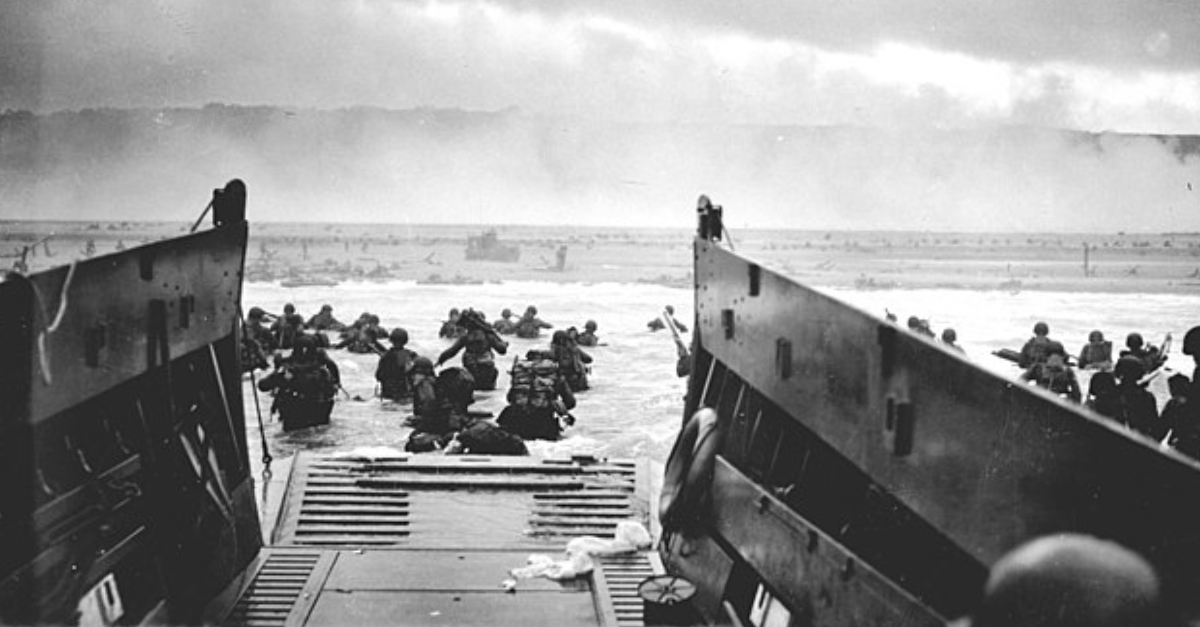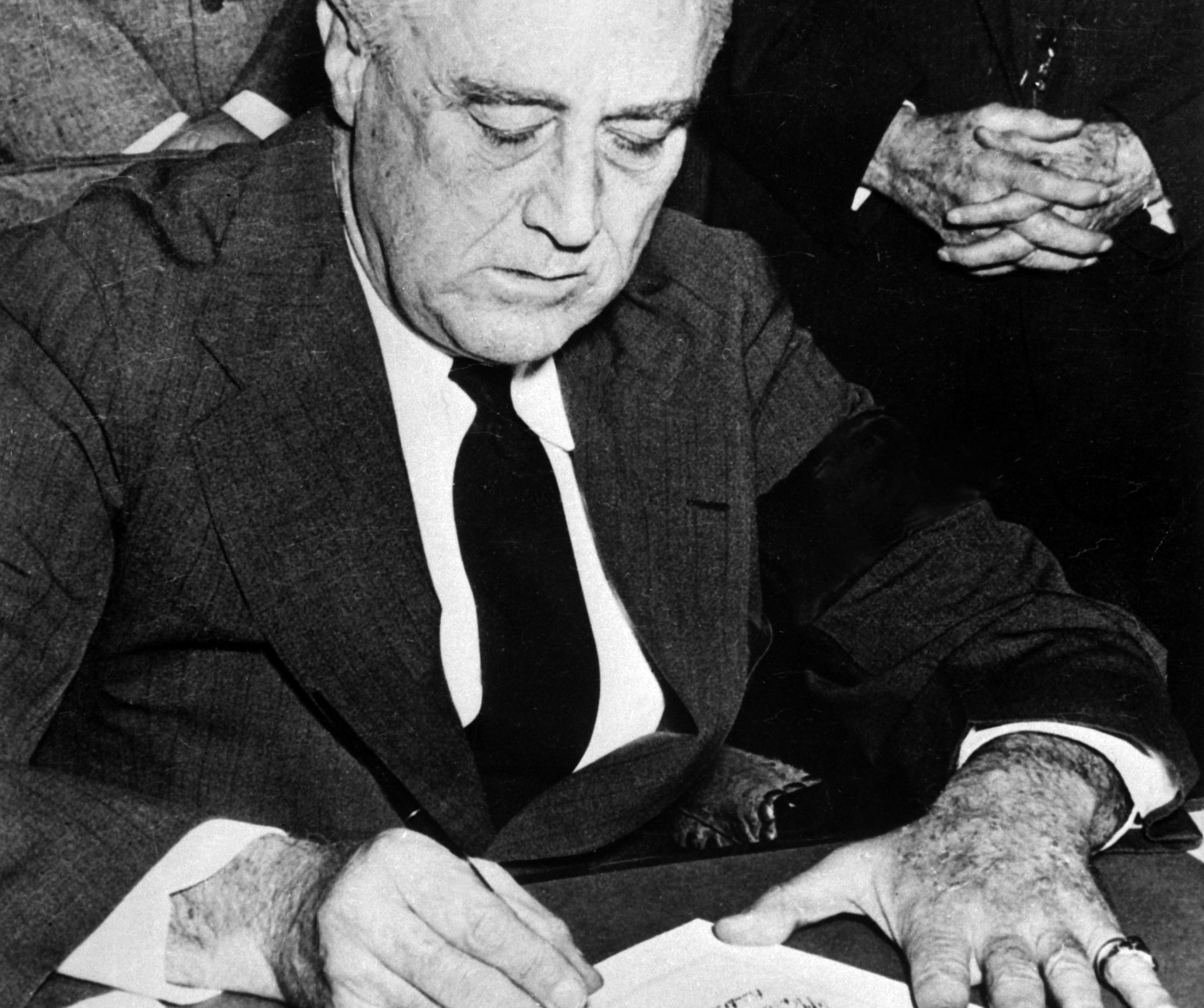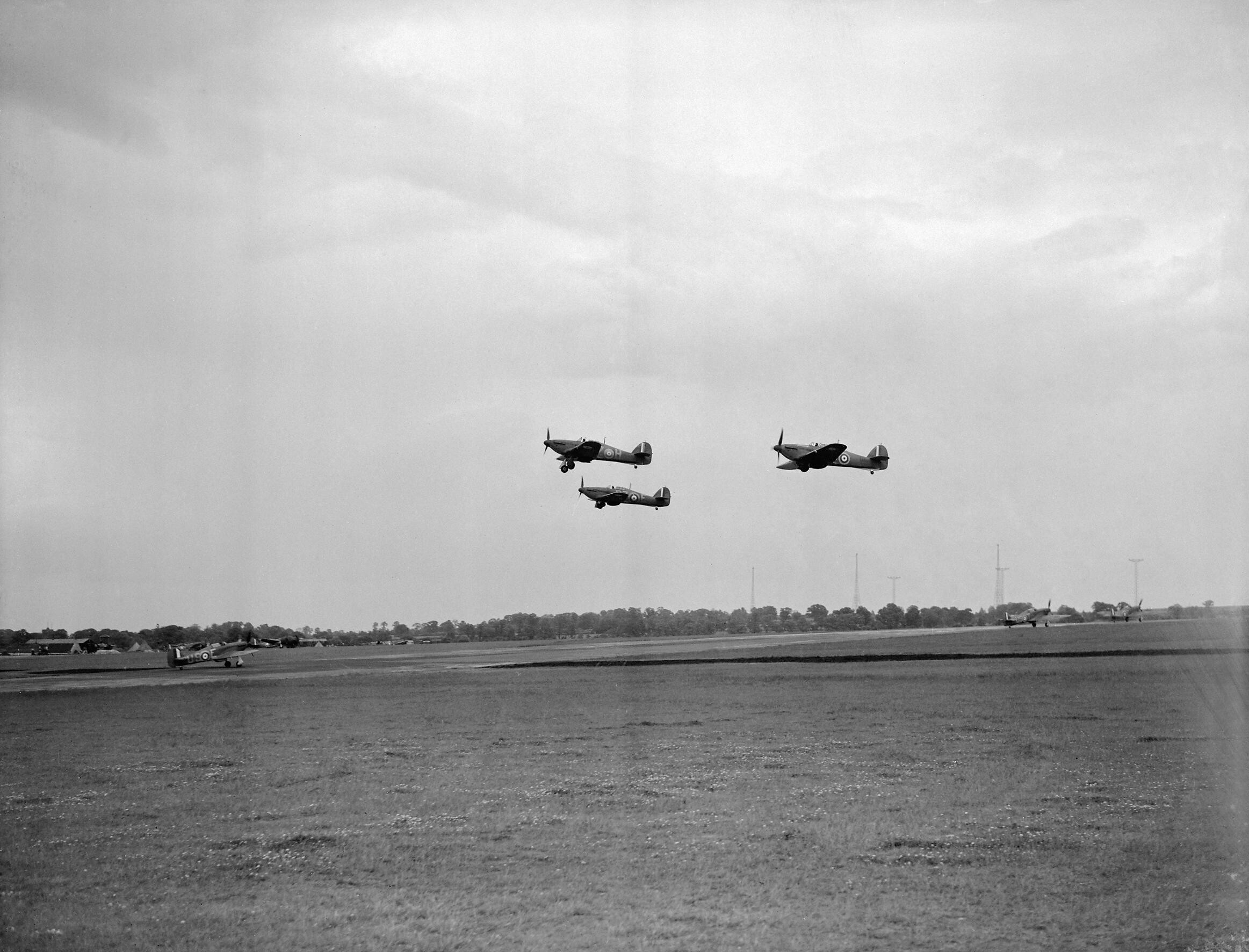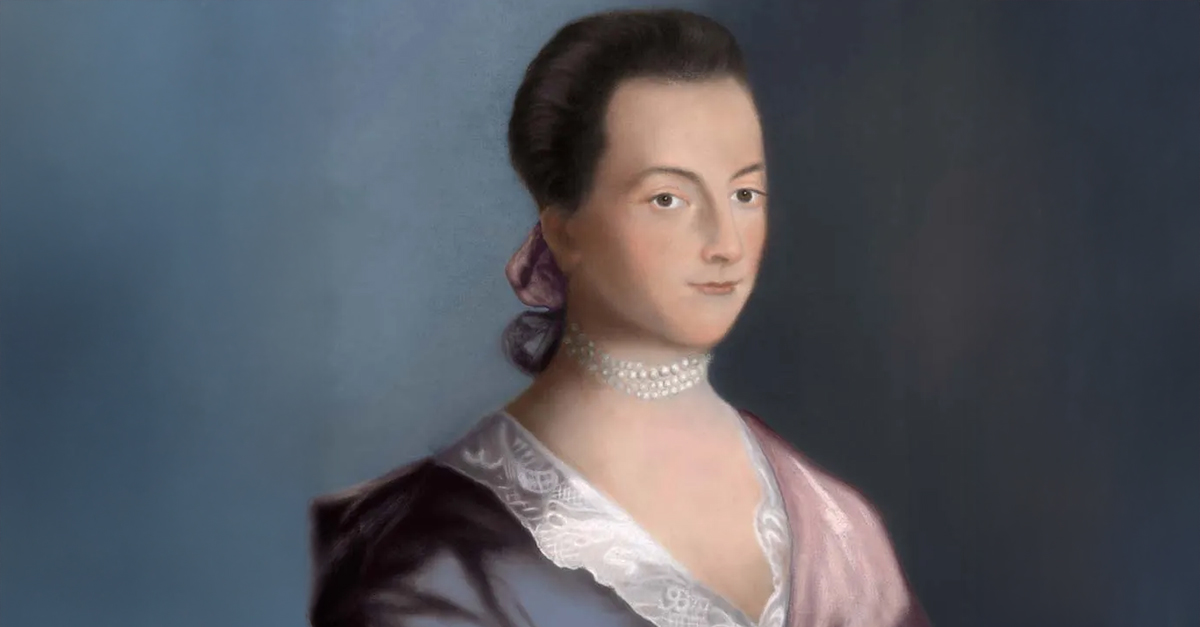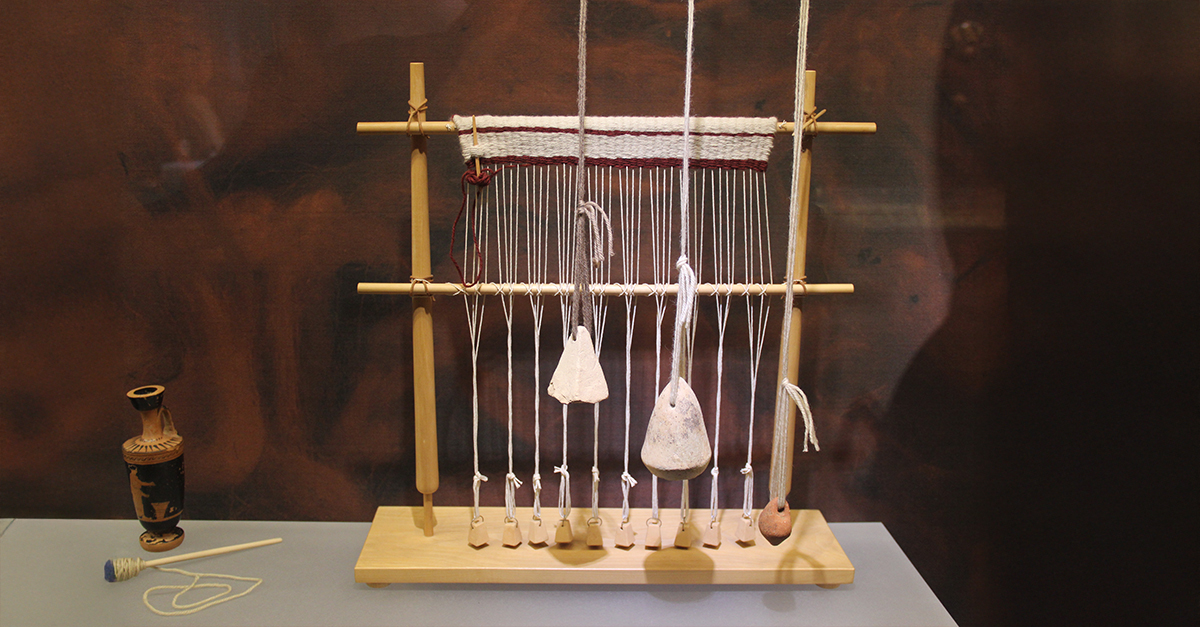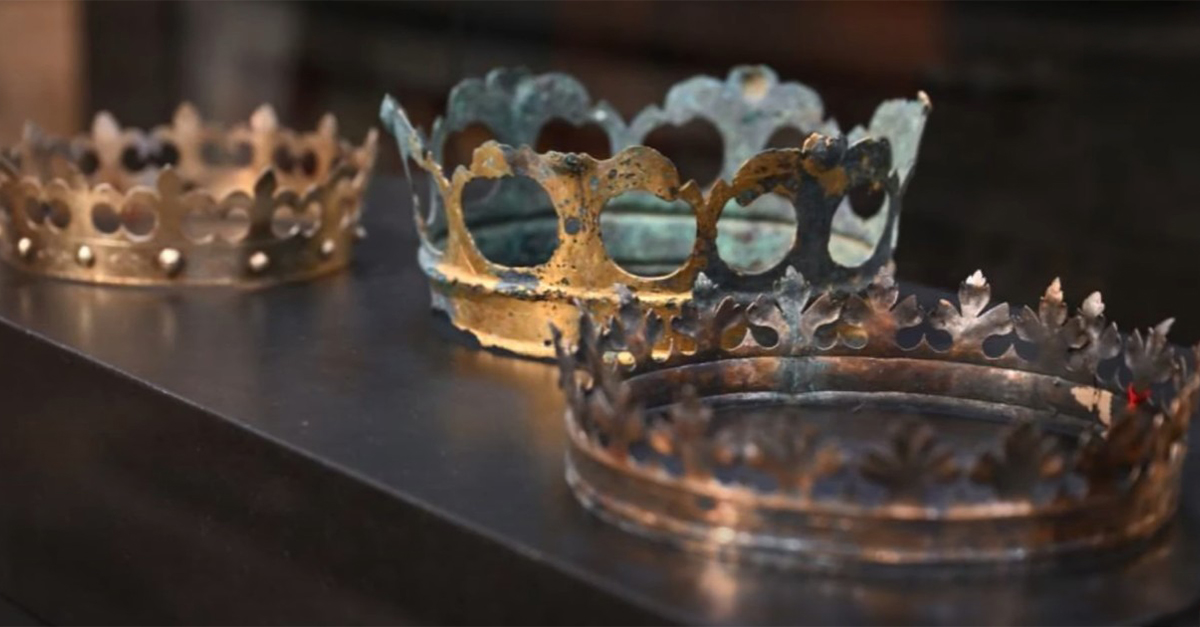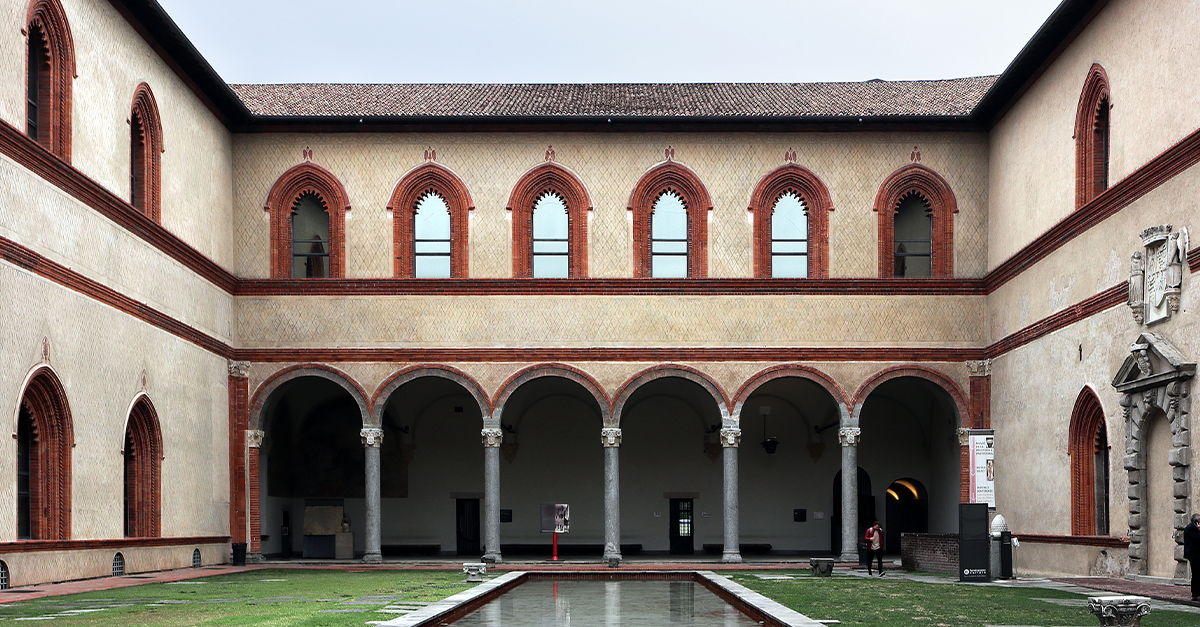How It Began
The Second World War officially began on September 1, 1939 with Germany's invasion of Poland. Six years later, it officially ended. A lot happened in those six years. But a lot happened in those first 10 days as well. Including...
September 1, 1939
Germany begins their invasion of Poland at 4:45am—when the German Schleswig-Holstein battleship fires on the Polish military transit depot at Westerplatte in the Free City of Danzig. Polish forces are able to repulse that attack.
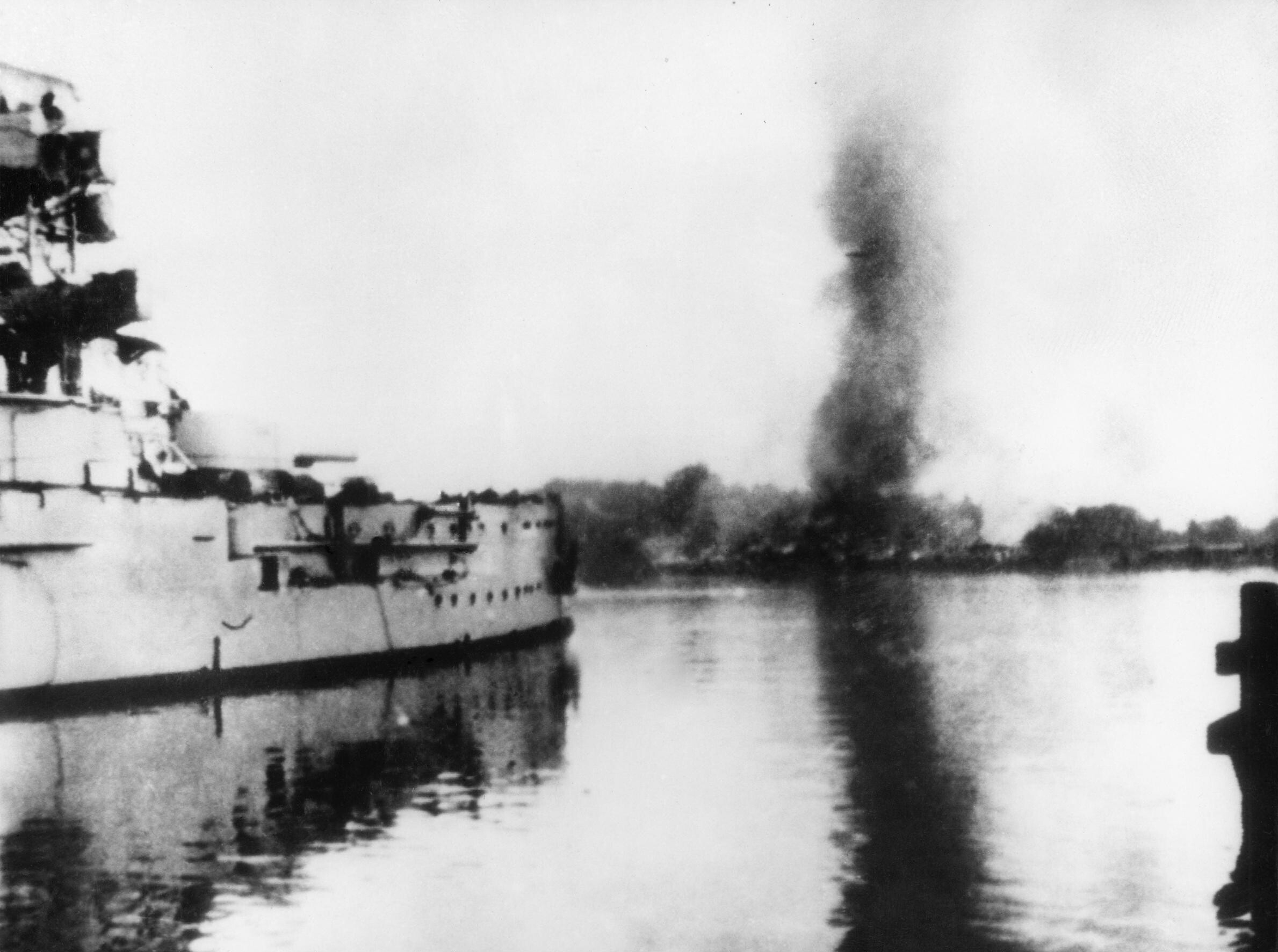 Associated Press photographer, Wikimedia Commons
Associated Press photographer, Wikimedia Commons
September 1, 1939
At the same time as the Westerplatte attacks, the German Luftwaffe attacks targets in Poland, including Wieluń—which becomes the first town to be carpet bombed by the Germans in the war.
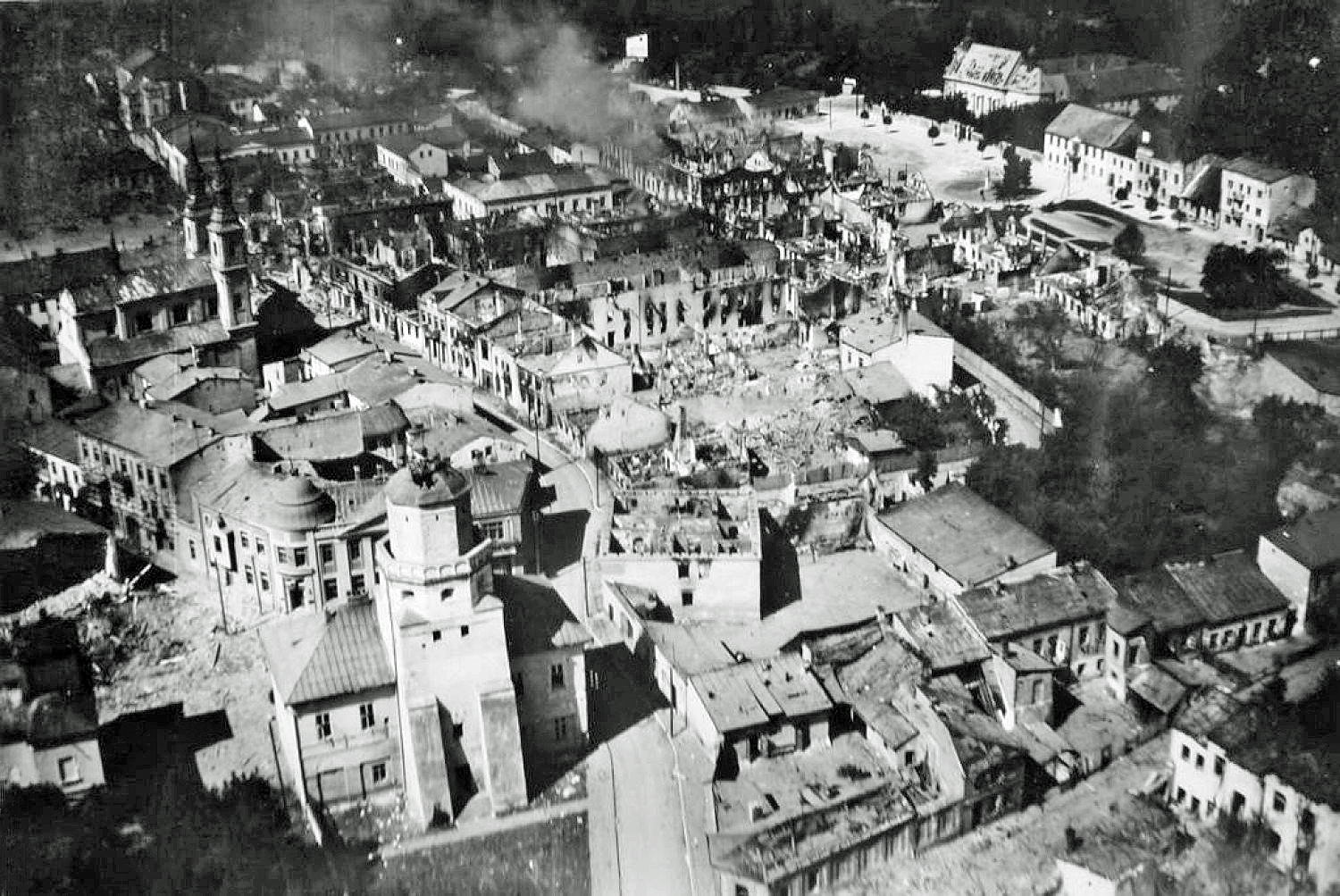 Unknown Author, Wikimedia Commons
Unknown Author, Wikimedia Commons
September 1, 1939
German and Slovak units pass the Polish border in the North and South at 6am.
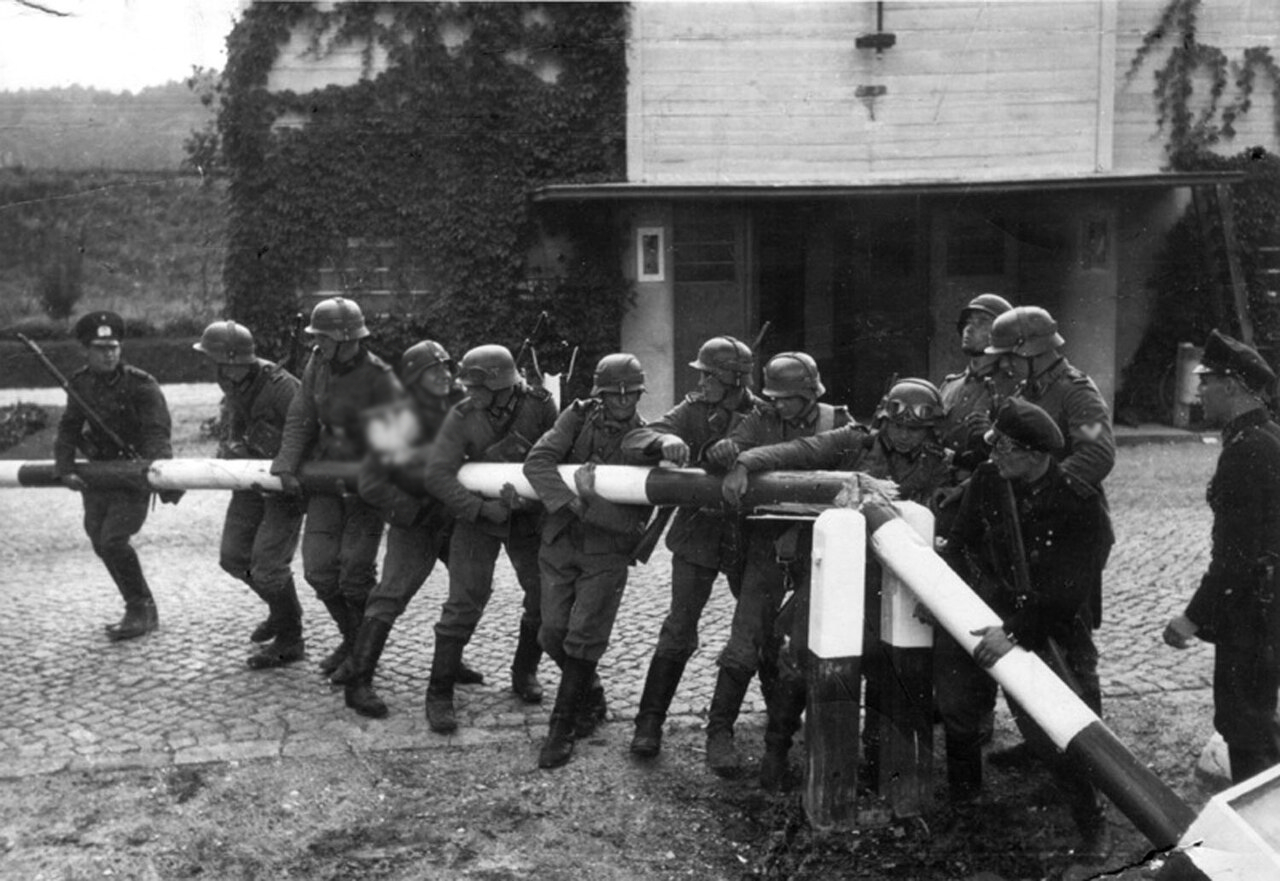 Hans Sönnke, Wikimedia Commons
Hans Sönnke, Wikimedia Commons
September 1, 1939
The previously mentioned Free City of Danzig is annexed by Germany.
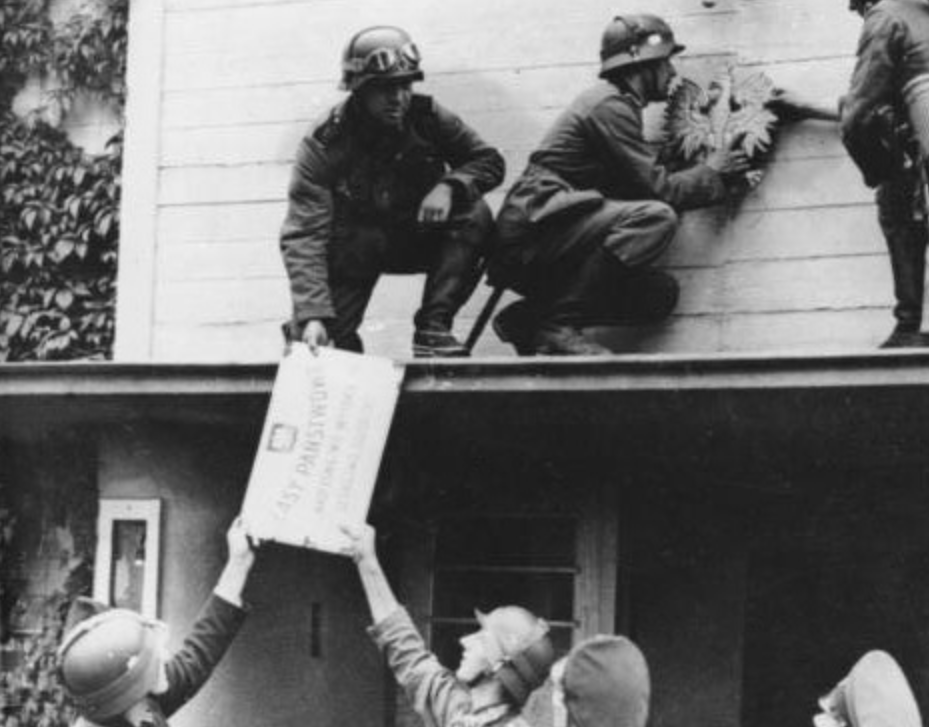 Sönnke, Hans, CC BY-SA 3.0 DE, Wikimedia Commons
Sönnke, Hans, CC BY-SA 3.0 DE, Wikimedia Commons
September 1, 1939
During his September 1st Reichstag speech, Hitler cites a number of Polish attacks earlier in the year as the reason for Germany declaring war on them. What he failed to mention was that those "attacks" were all German-planned false flag operations designed to appear like Polish aggression.
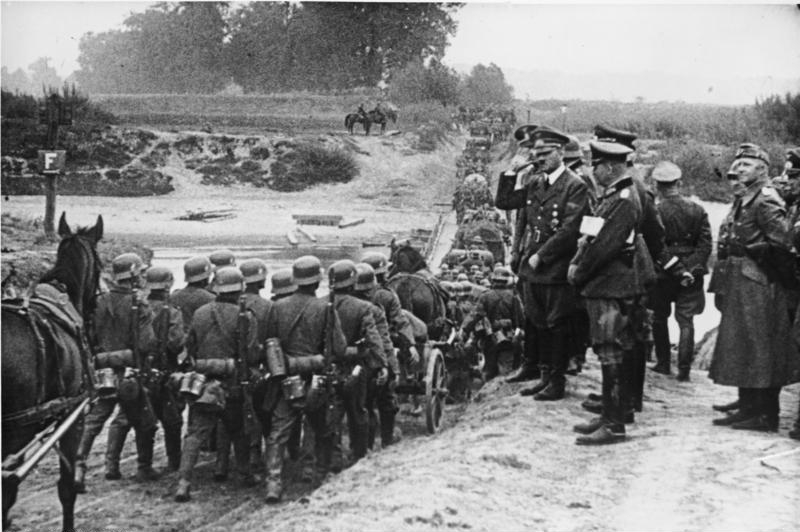 Unknown Author, Wikimedia Commons
Unknown Author, Wikimedia Commons
September 1, 1939
Italy announces it will be "non-belligerence" in the conflict. Meanwhile, Denmark, Estonia, Finland, Latvia, Norway, Sweden, and Portugal all declare neutrality.
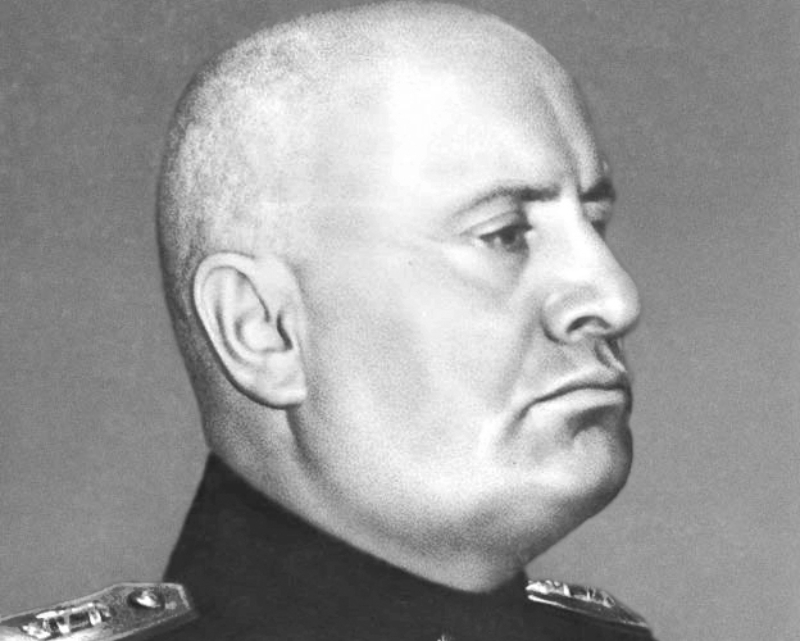 Unknown Author, Wikimedia Commons
Unknown Author, Wikimedia Commons
September 1, 1939
The British and French ambassadors demand that the Germans stop their aggressive actions and withdraw from Poland
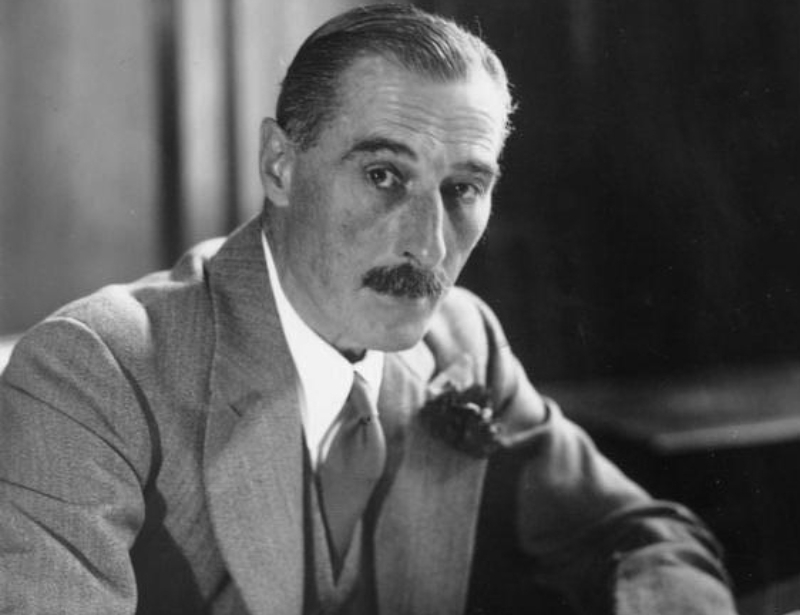 Dorneth, CC BY-SA 3.0 DE, Wikimedia Commons
Dorneth, CC BY-SA 3.0 DE, Wikimedia Commons
September 1, 1939
The general mobilization of the British Armed Forces is ordered by British War Secretary Leslie Hore-Belisha.
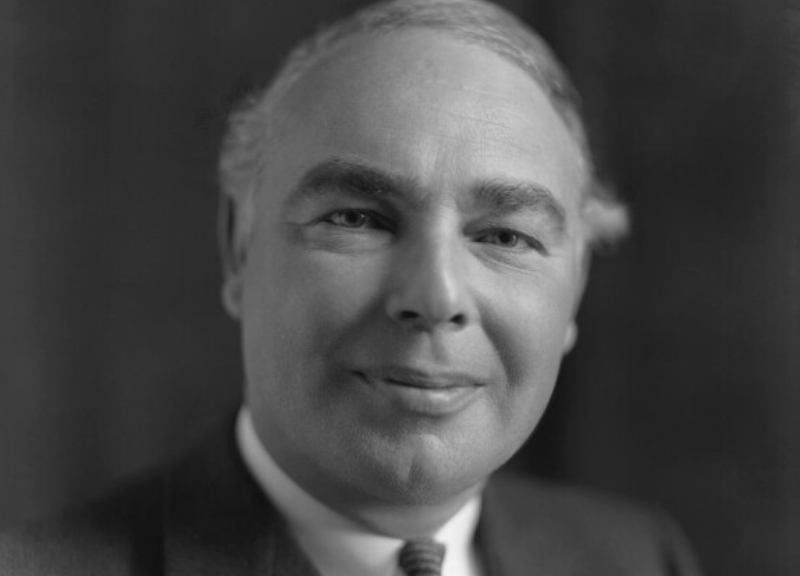 Bassano Ltd, Wikimedia Commons
Bassano Ltd, Wikimedia Commons
September 1, 1939
US President Franklin D Roosevelt asks all European powers to avoid bombing civilian and unfortified cities.
Hitler responds right away, saying that he will abide by the request, as does Poland and the British Prime Minister, Neville Chamberlain.
 Leon Perskie, CC BY 2.0, Wikimedia Commons
Leon Perskie, CC BY 2.0, Wikimedia Commons
September 1, 1939
Britain, Germany, and France initiate wartime blackouts.
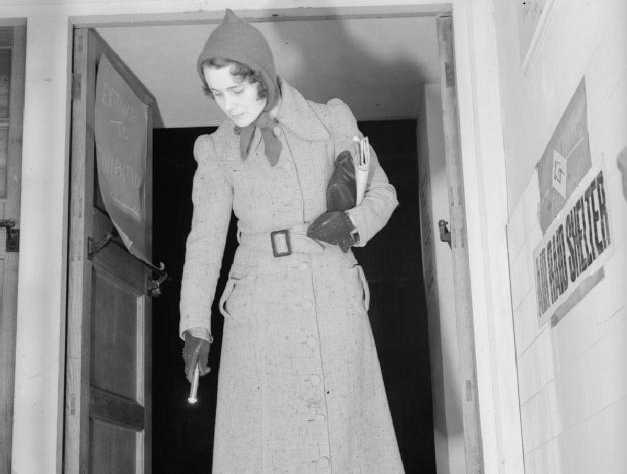 Ministry of Information Photo Division Photographer, Wikimedia Commons
Ministry of Information Photo Division Photographer, Wikimedia Commons
September 1, 1939
Civil liberties are suspended in the Slovak State.
 Unknown Author, Wikimedia Commons
Unknown Author, Wikimedia Commons
September 2, 1939
France and Britain approve war budgets.
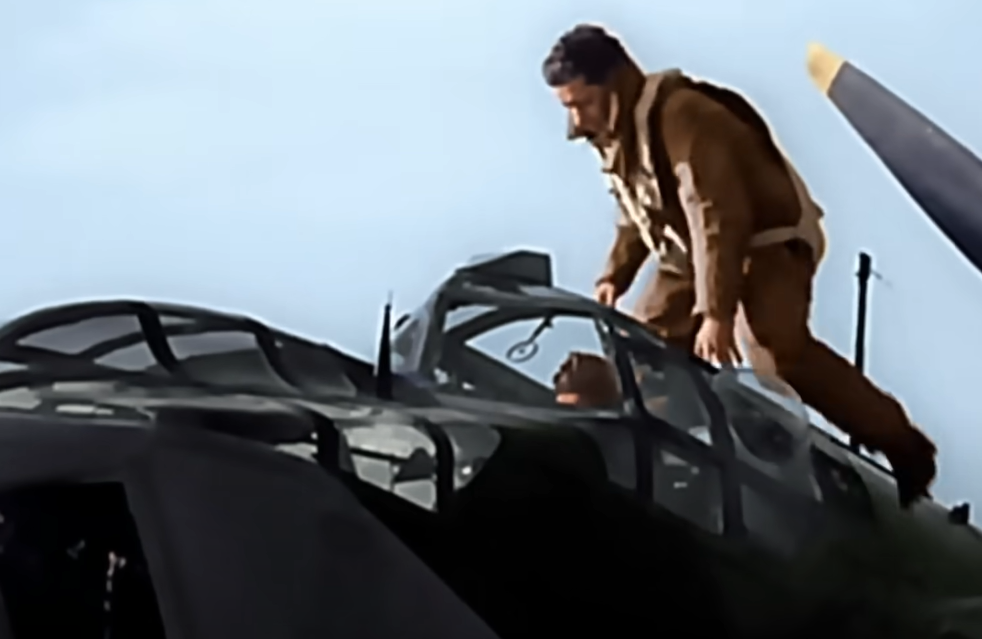 NM Productions, World War II in Colour (2009)
NM Productions, World War II in Colour (2009)
September 2, 1939
France and Britain agree to issue an ultimatum to Germany the next day.
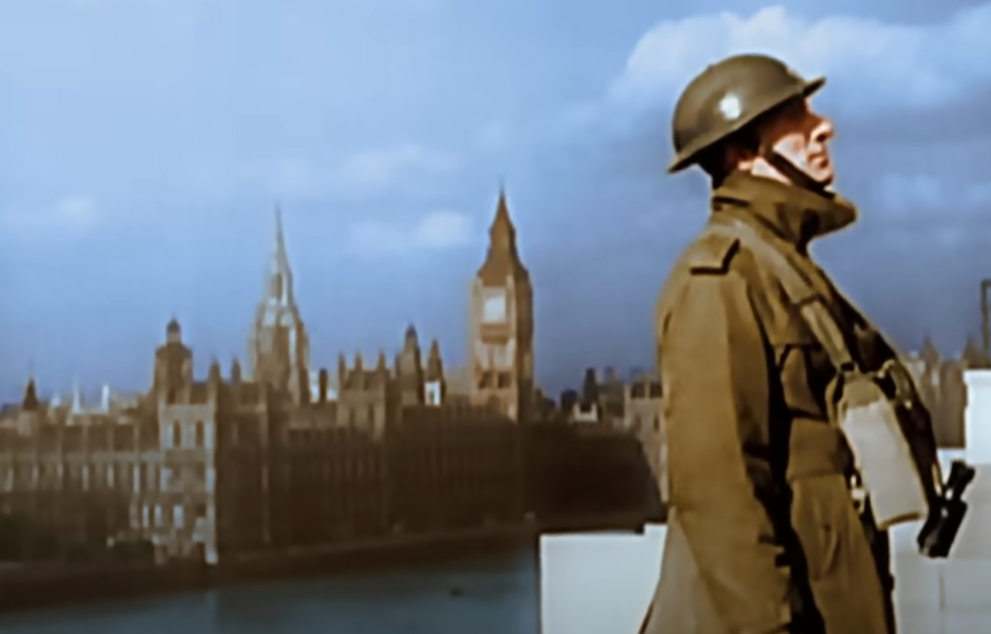 NM Productions, World War II in Colour (2009)
NM Productions, World War II in Colour (2009)
September 2, 1939
France and Switzerland begin general mobilization of their armed forces.
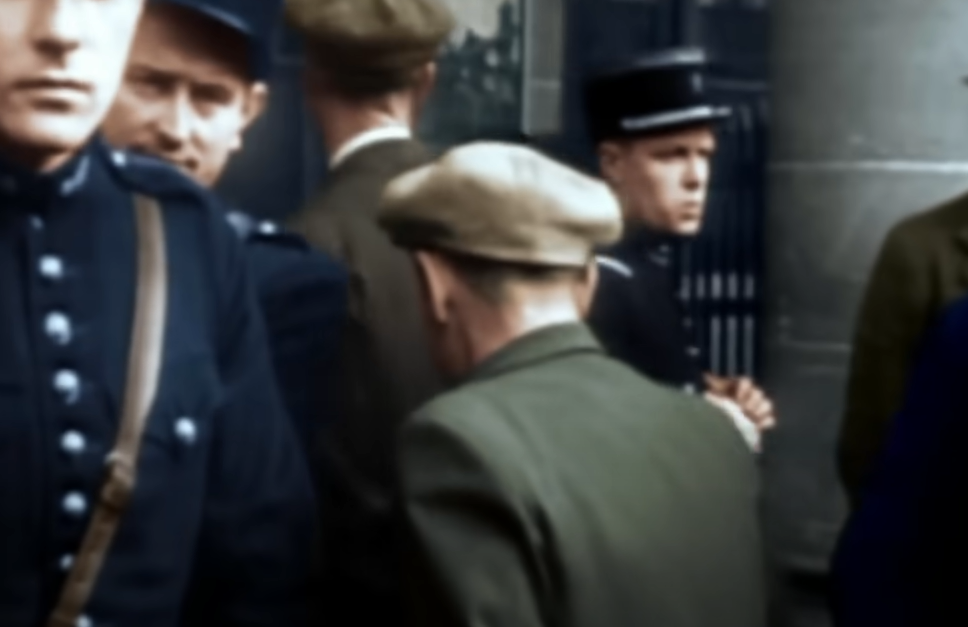 NM Productions, World War II in Colour (2009)
NM Productions, World War II in Colour (2009)
September 3, 1939
9am: Britain gives their ambassador to Berlin instructions on delivering the ultimatum that they had agreed on the day before.
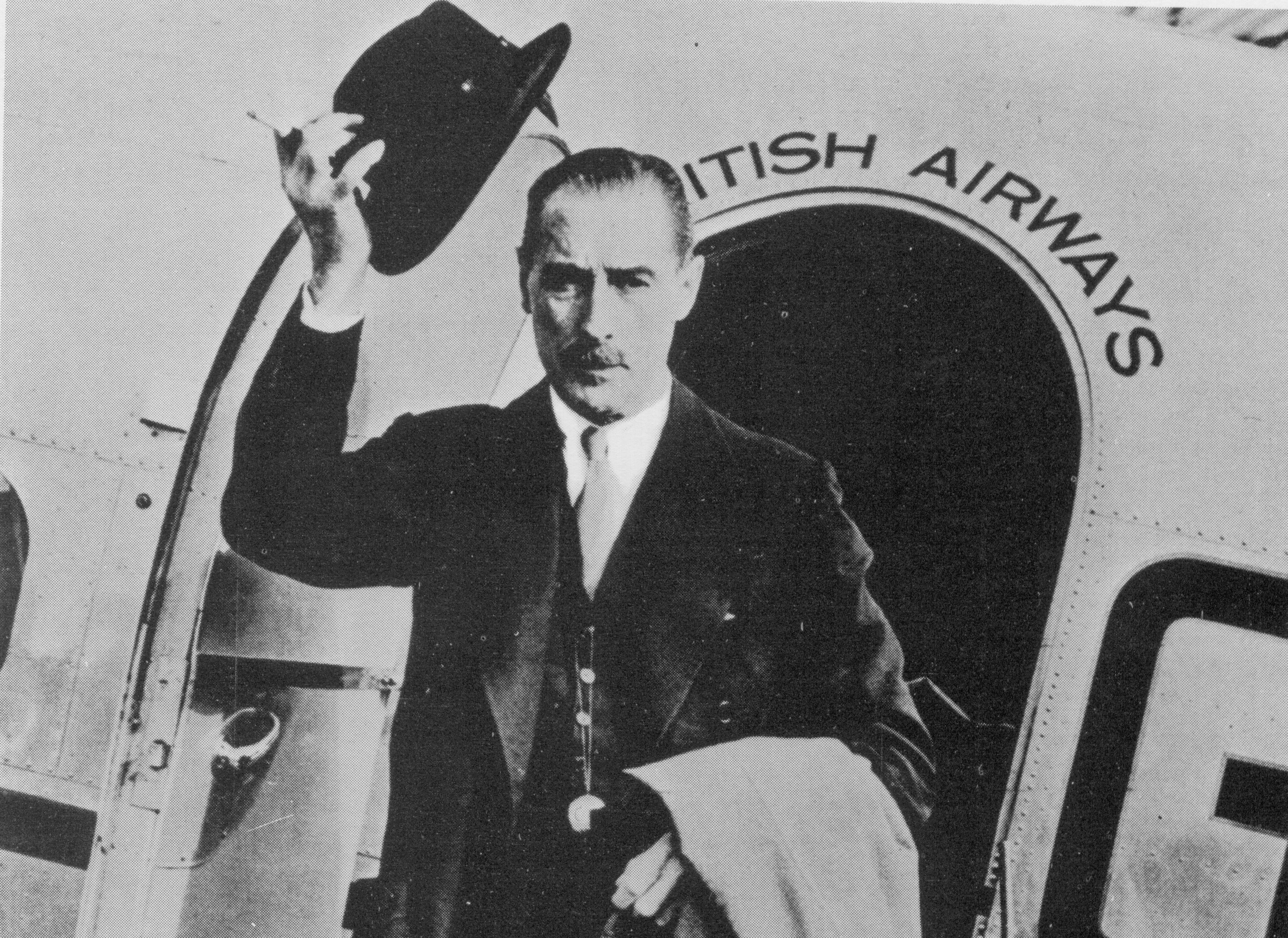 YukioSanjo, CC BY-SA 3.0, Wikimedia Commons
YukioSanjo, CC BY-SA 3.0, Wikimedia Commons
September 3, 1939
11am: the deadline for the ultimatum passes without any response from Germany.
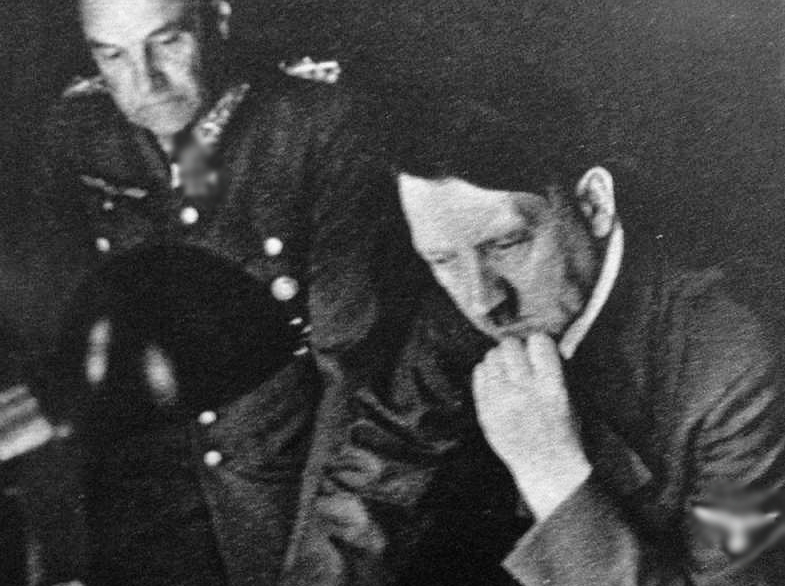 Unknown Author, Wikimedia Commons
Unknown Author, Wikimedia Commons
September 3, 1939
11:15am: Prime Minister Neville Chamberlain makes the announcement to the British people that their country is now at war with Germany.
September 3, 1939
The UK Parliament passes the National Service Act 1939, which initiates full conscription of all able-bodied males aged 18-41 into the British Armed Forces.
 NM Productions, World War II in Colour (2009)
NM Productions, World War II in Colour (2009)
September 3, 1939
Not long after Britain's declaration of war, the British cruise ship SS Athenia—heading from Glasgow, UK to Montreal, Canada—is torpedoed by a German submarine. 112 passengers and crew members perish in the attack. Thus begins the "Battle of the Atlantic".
 Tomlin, H W (Lt), Wikimedia Commons
Tomlin, H W (Lt), Wikimedia Commons
September 3, 1939
12pm: France issues their previously agreed ultimatum to Germany.
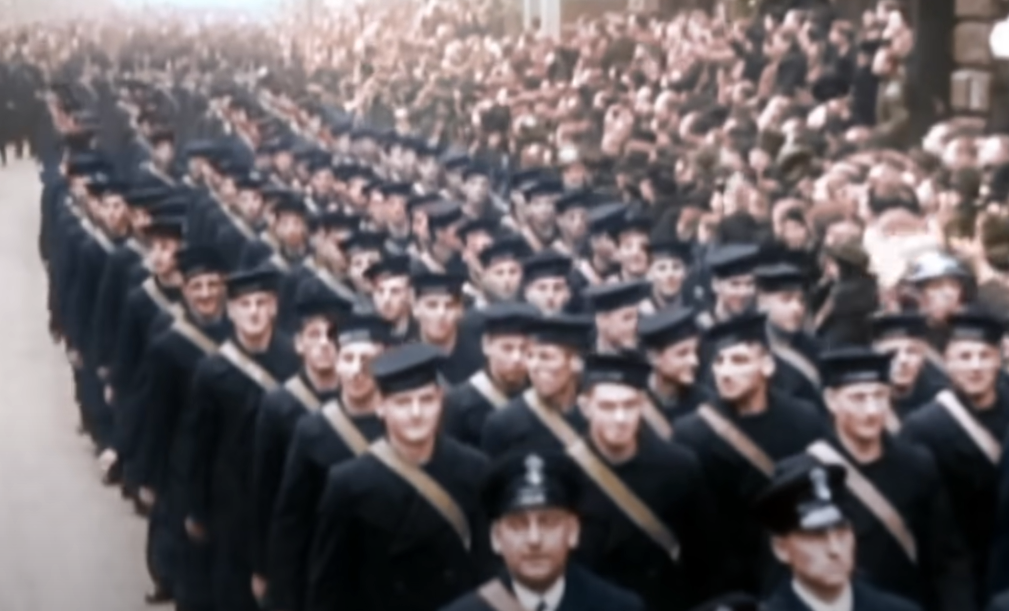 NM Productions, World War II in Colour (2009)
NM Productions, World War II in Colour (2009)
September 3, 1939
5pm: France's ultimatum goes unanswered and they declare war on Germany.
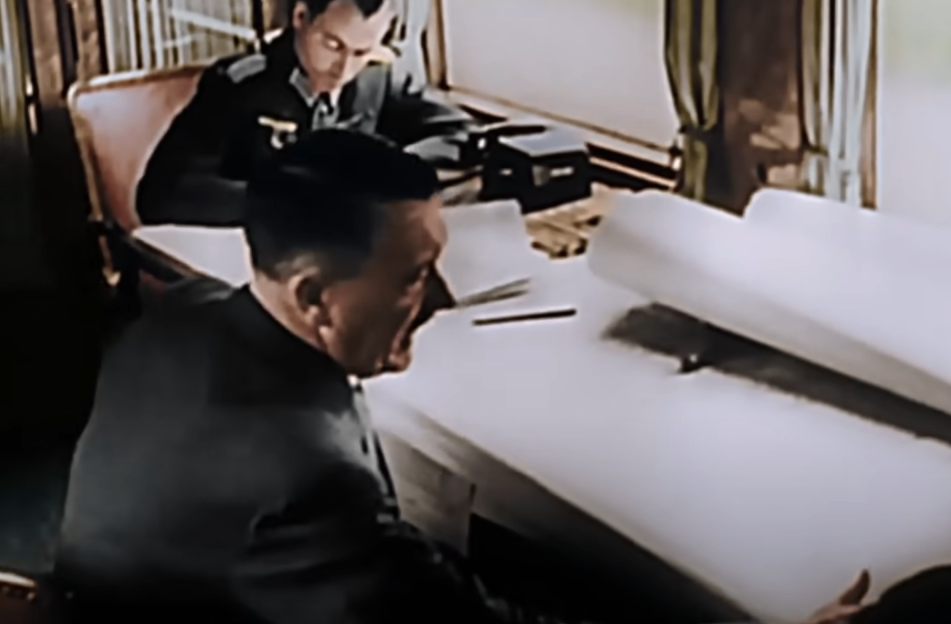 NM Productions, World War II in Colour (2009)
NM Productions, World War II in Colour (2009)
September 3, 1939
Prime Minister Chamberlain forms a new War Ministry and a more powerful war cabinet. Members of this new cabinet include: Chamberlain, Sir Samuel Hoare, Sir John Simon, Lord Halifax, Leslie Hore-Belisha, Sir Kingsley Wood, Lord Chatfield, Lord Hankey, and Winston Churchill.
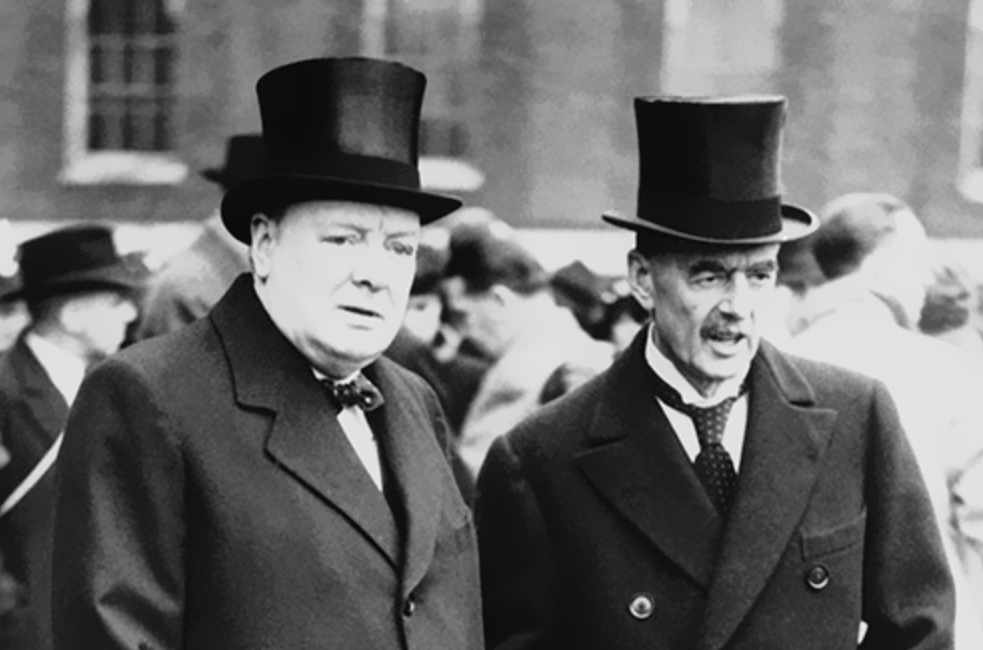 Unknown Author, Wikimedia Commons
Unknown Author, Wikimedia Commons
September 3, 1939
Because of Britain's declaration, both Australia and New Zealand also declare themselves at war with Germany.
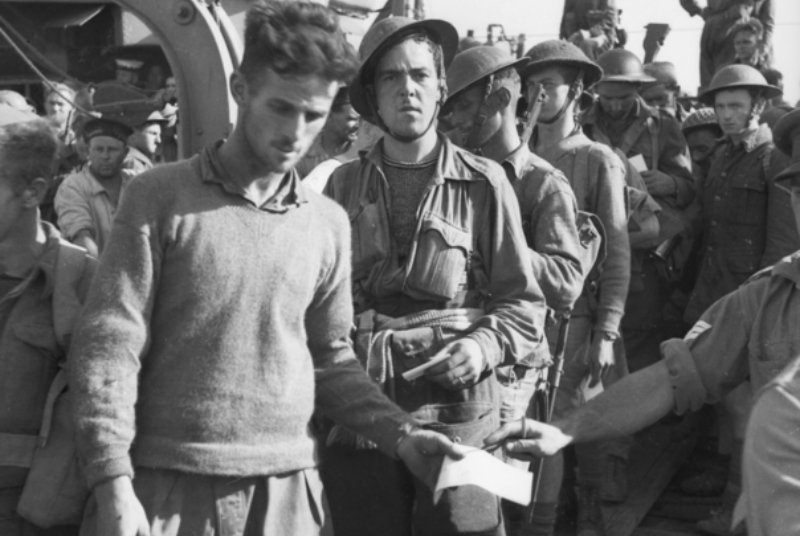 George Silk, Wikimedia Commons
George Silk, Wikimedia Commons
September 3, 1939
Ireland, the Netherlands, and Belgium all declare their neutrality.
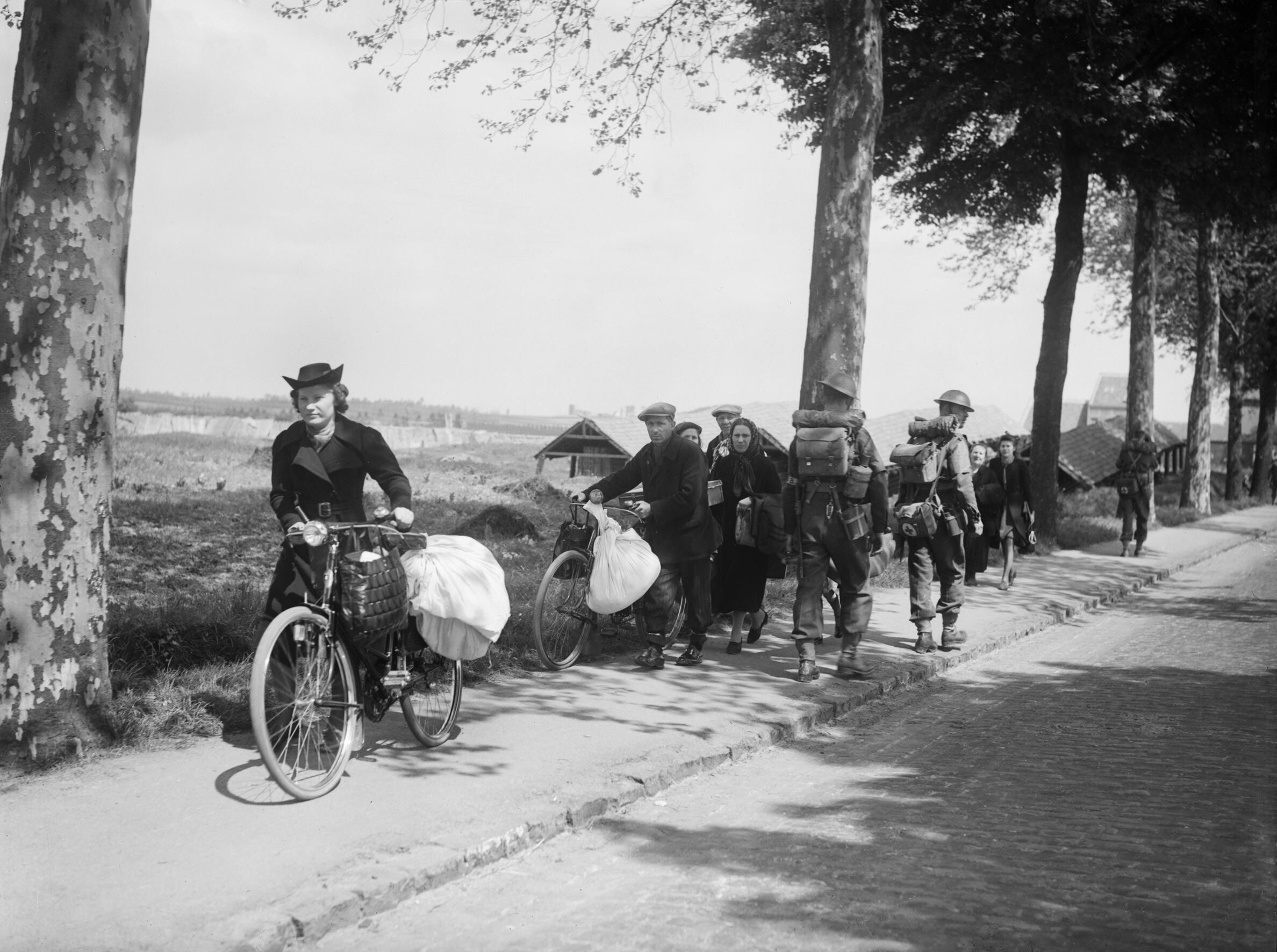 Kessell (Lt), War Office official photographer, Wikimedia Commons
Kessell (Lt), War Office official photographer, Wikimedia Commons
September 3, 1939
The first warships sunk in the conflict are the Polish destroyer ORP Wicher and the minelayer ORP Gryf. Both are sunk by a Luftwaffe attack on the Polish port of Hel.
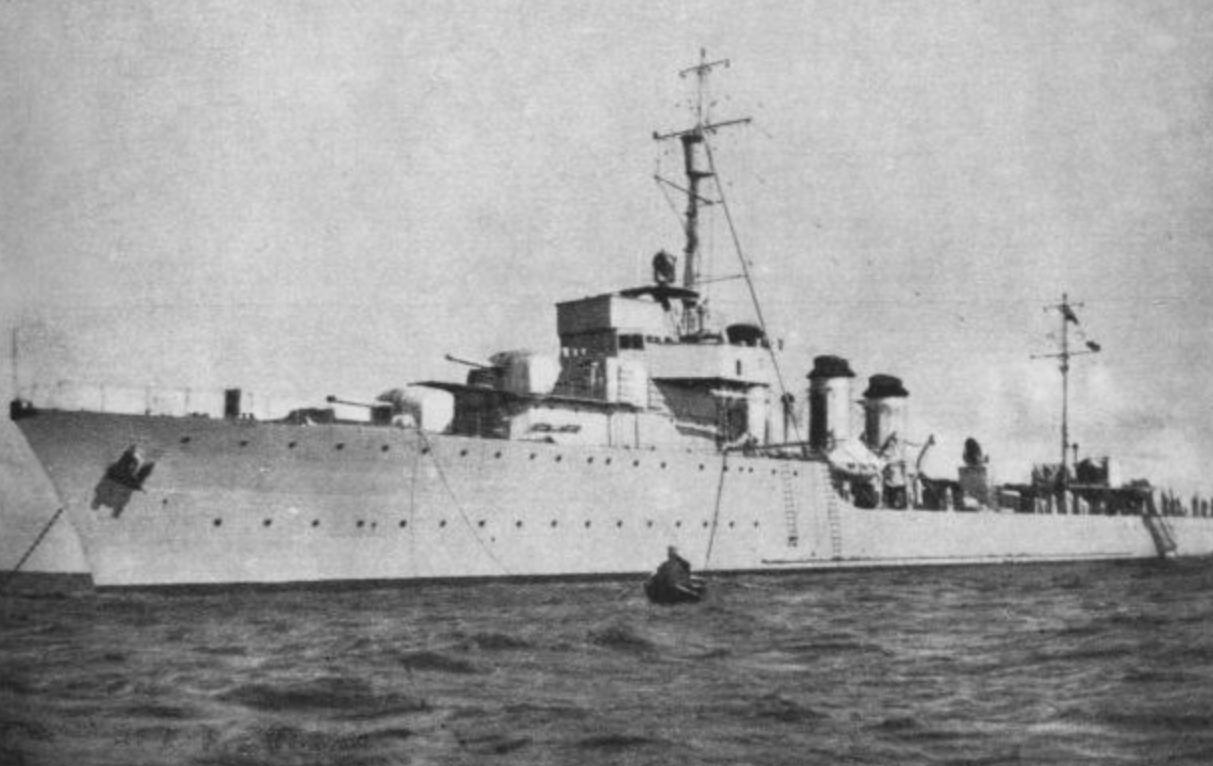 Jerzy Pertek, Wikimedia Commons
Jerzy Pertek, Wikimedia Commons
September 4, 1939
The first British raid of WWII sees 15 Blenheim bombers launch a bombing raid on German ships in the Heligoland Bight. Seven aircraft are lost in the attack—but, although the bombers hit the pocket-battleship Admiral Scheer three times, the bombs all fail to explode.
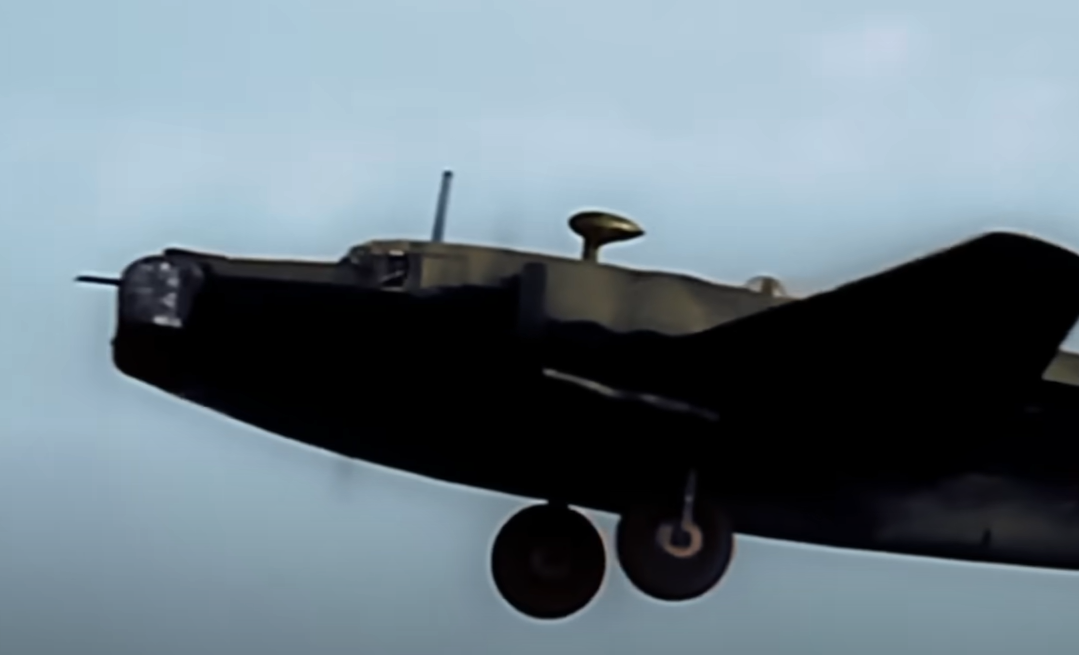 NM Productions, World War II in Colour (2009)
NM Productions, World War II in Colour (2009)
September 4, 1939
Japan sends a note to both sides announcing its plans to "avoid becoming involved" in the European conflict. Instead, they will focus on "settling the China incident".
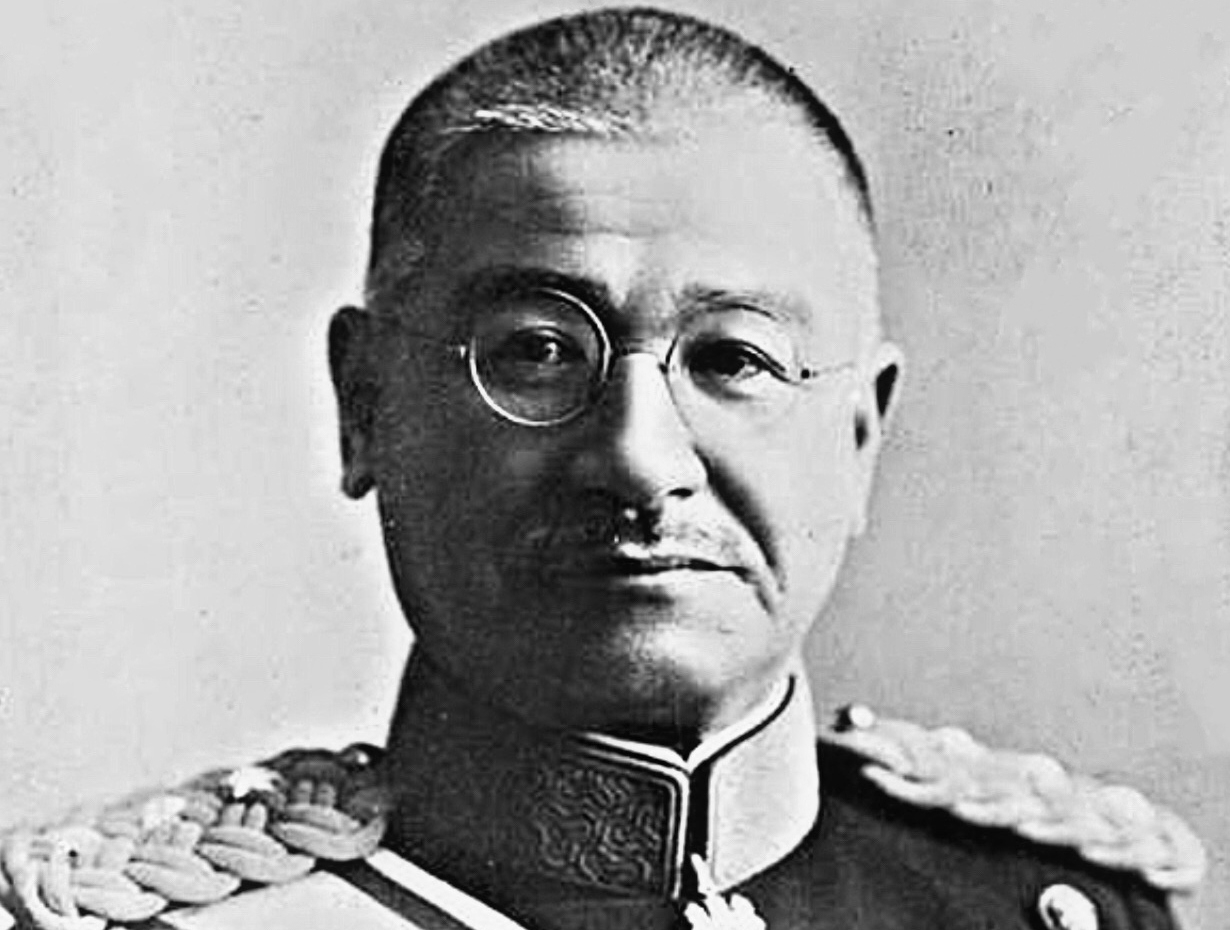 Unknown Author, Wikimedia Commons
Unknown Author, Wikimedia Commons
September 4, 1939
Argentina, Brazil, Mexico, Iran, Lithuania, and even Spain's Francisco Franco all announce their neutrality.
 Unknown Author, Wikimedia Commons
Unknown Author, Wikimedia Commons
September 4, 1939
Following the previous day's sinking of the Athenia, Hitler forbids any attacks on passenger ships.
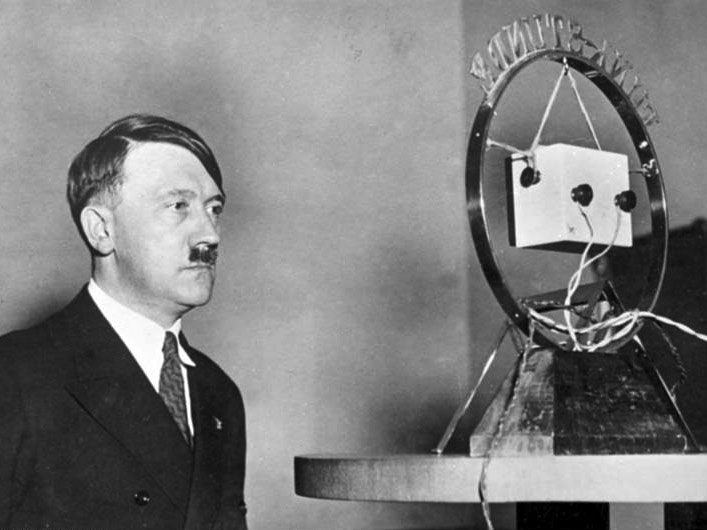 Unknown Author, CC BY-SA 3.0 DE, Wikimedia Commons
Unknown Author, CC BY-SA 3.0 DE, Wikimedia Commons
September 5, 1939
Britain passes the National Registration Act 1939, permitting the establishment of a register of the whole population.
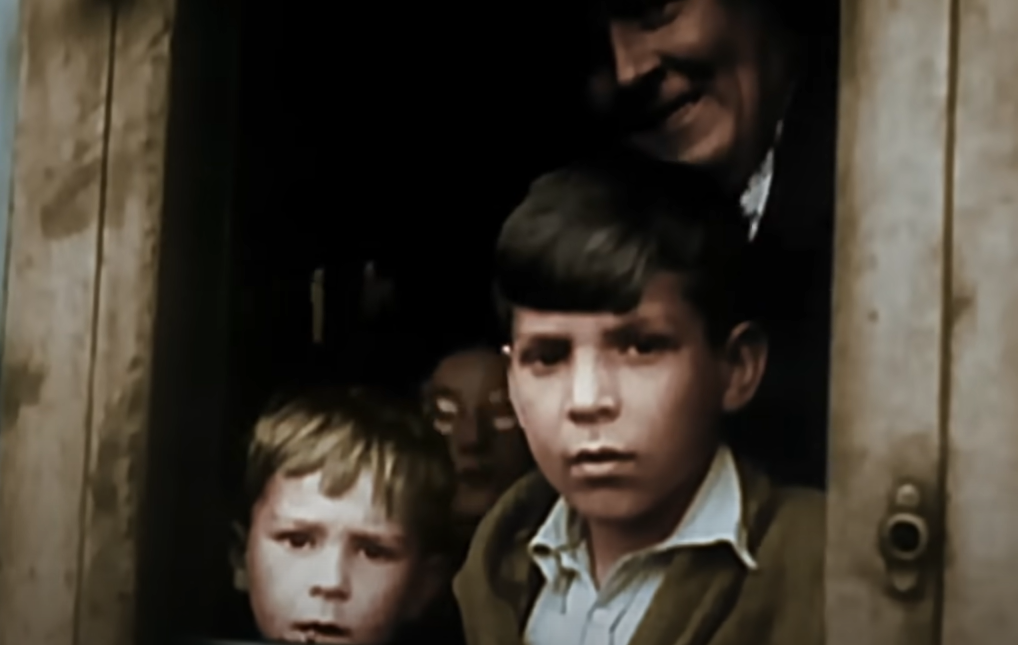 NM Productions, World War II in Colour (2009)
NM Productions, World War II in Colour (2009)
September 5, 1939
The Kingdom of Yugoslavia and The United States of America declare neutrality.
September 5, 1939
Germany declares that the Reich will not tolerate any hostile action against Romania.
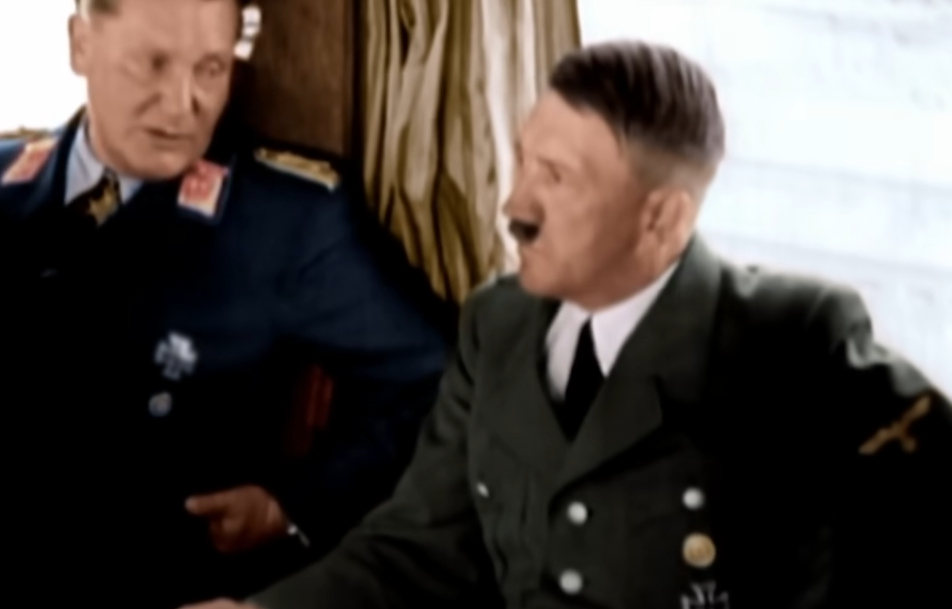 NM Productions, World War II in Colour (2009)
NM Productions, World War II in Colour (2009)
September 6, 1939
South Africa gets a new Prime Minister (Jan Smuts) and declares war on Germany.
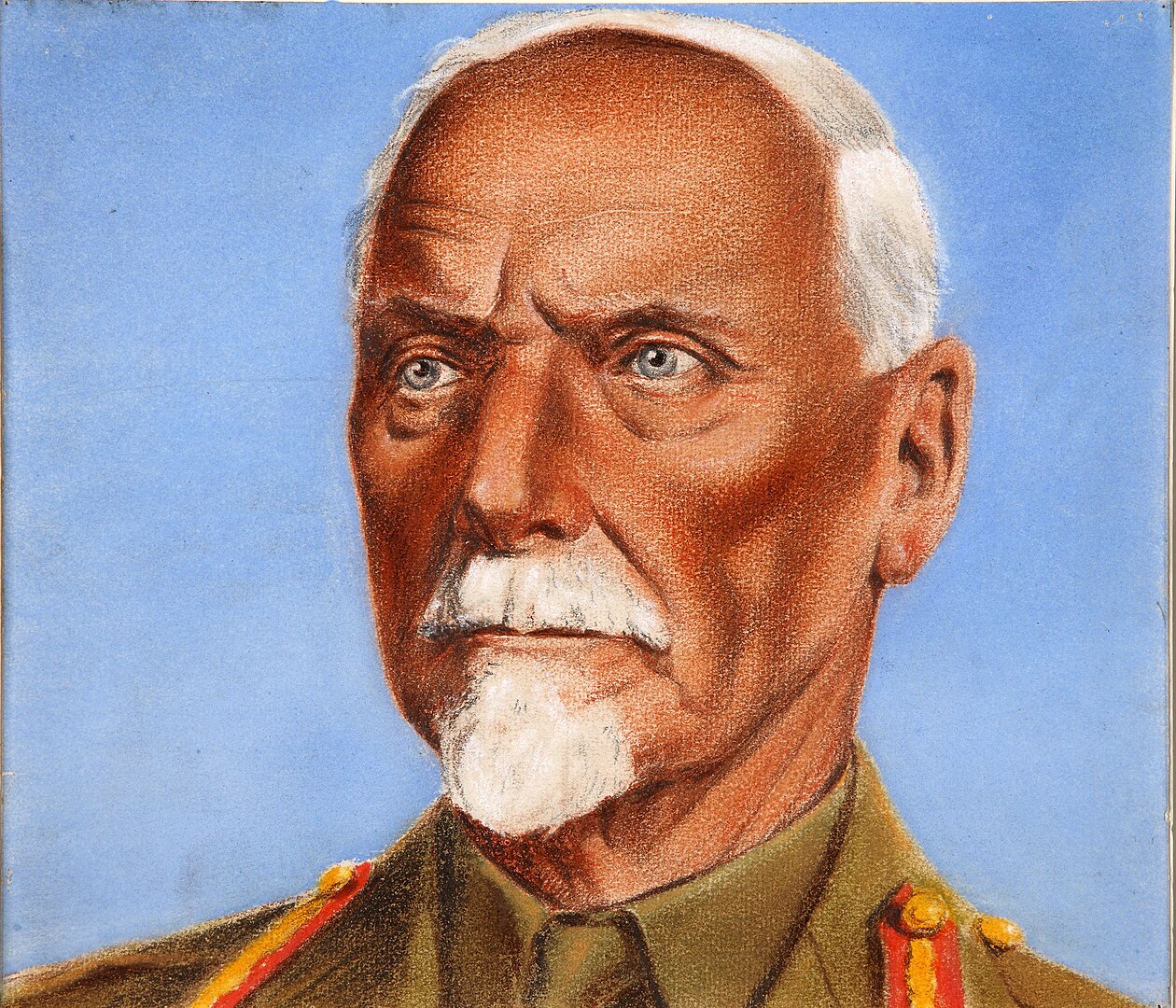 William Timym, Wikimedia Commons
William Timym, Wikimedia Commons
September 6, 1939
Friendly fire leads to the first British fighter pilot killed.
September 6, 1939
The 14th German army easily takes Kraków.
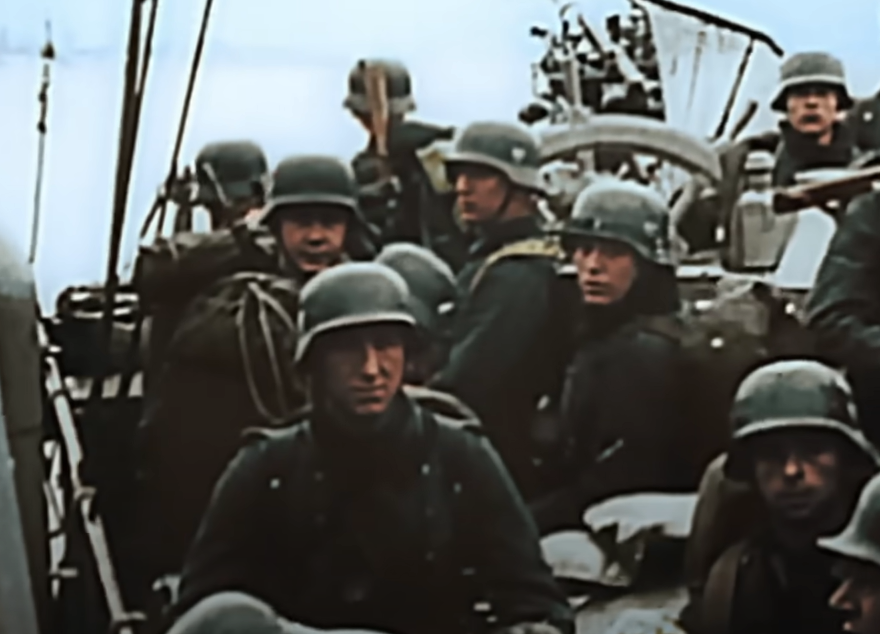 NM Productions, World War II in Colour (2009)
NM Productions, World War II in Colour (2009)
September 6, 1939
Britain begins its naval blockade of shipping heading to Germany.
 Imperial War Museum London, Wikimedia Commons
Imperial War Museum London, Wikimedia Commons
September 6, 1939
Romania declares itself neutral.
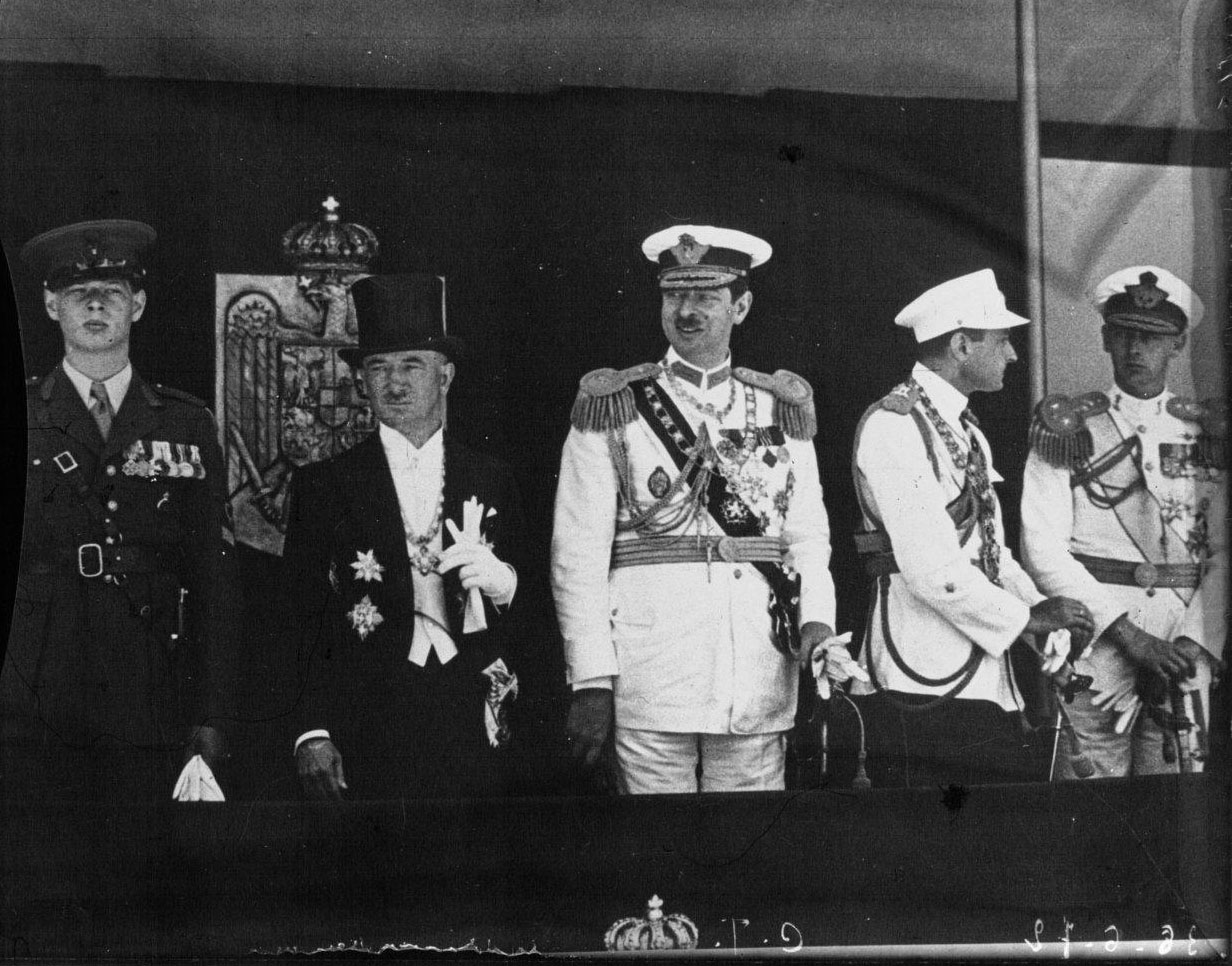 Agence de presse Meurisse, Wikimedia Commons
Agence de presse Meurisse, Wikimedia Commons
September 7, 1939
France takes 10 divisions on a limited offensive into the German Saarland territory.
 Press Agency photographer, Wikimedia Commons
Press Agency photographer, Wikimedia Commons
September 8, 1939
A "limited national emergency" proclamation by FDR increases military spending and grows America's armed forces.
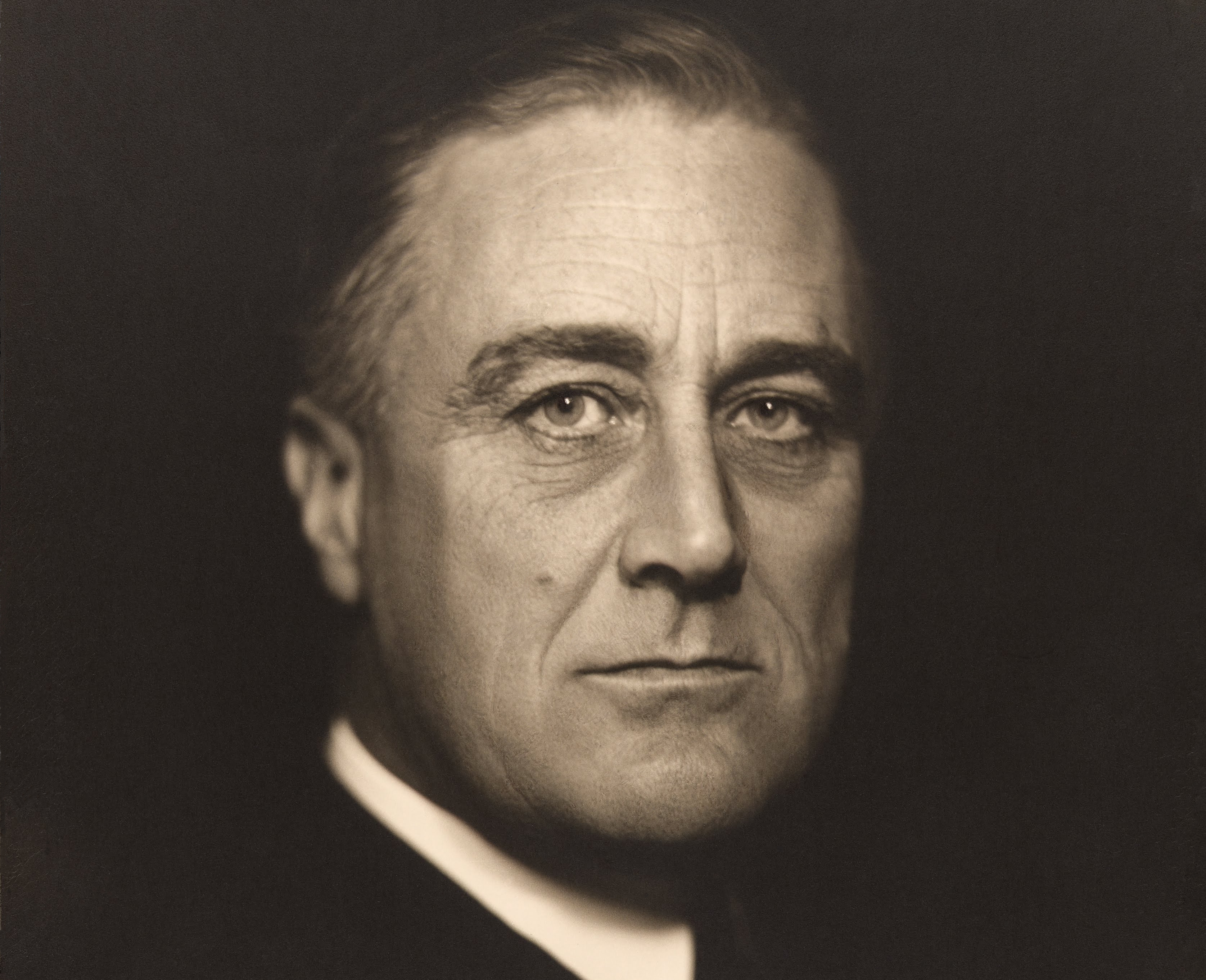 Vincenzo Laviosa, Wikimedia Commons
Vincenzo Laviosa, Wikimedia Commons
September 8, 1939
Germany begins their mining of British waters with Portland Harbour.
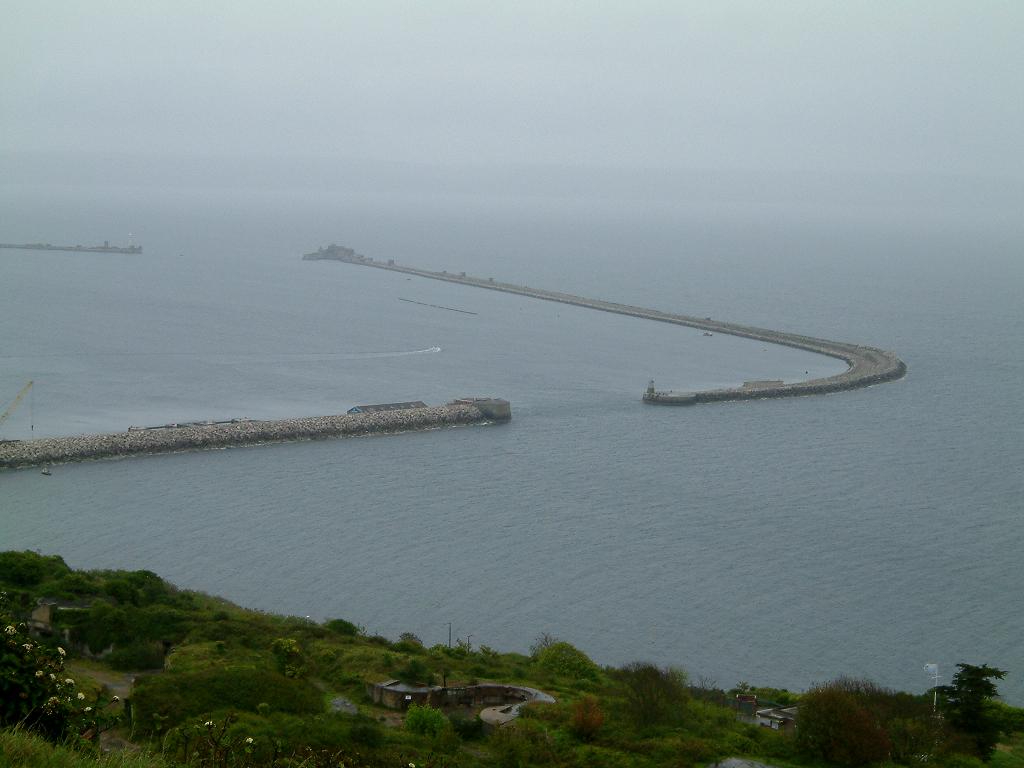 Mark.murphy, Wikimedia Commons
Mark.murphy, Wikimedia Commons
September 10, 1939
With unanimous consent in both houses of Parliament, Canada declares war on Germany.
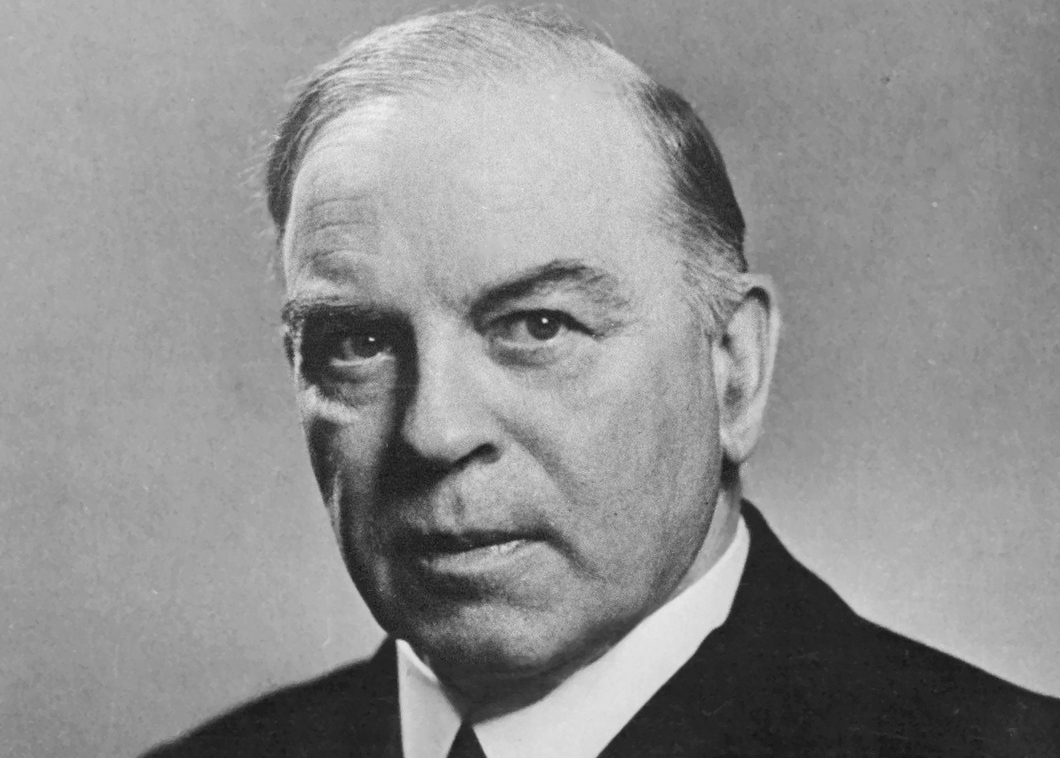 Yousuf Karsh, Wikimedia Commons
Yousuf Karsh, Wikimedia Commons
September 10, 1939
Bombing raids hit Warsaw for the first time.
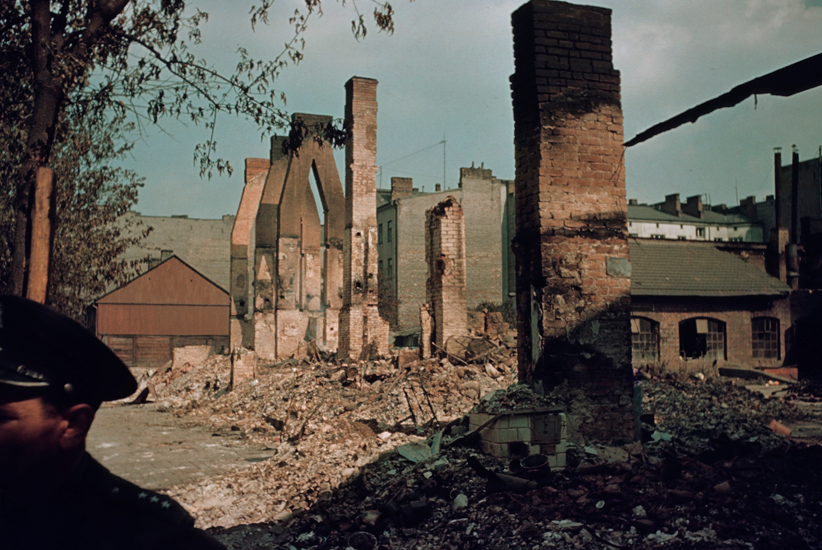 Julien Bryan, Wikimedia Commons
Julien Bryan, Wikimedia Commons
September 10, 1939
Britain sinks the first submarine of the conflict. Unfortunately, the sub they sink is another British vessel (they mistook it for a German U-Boat).
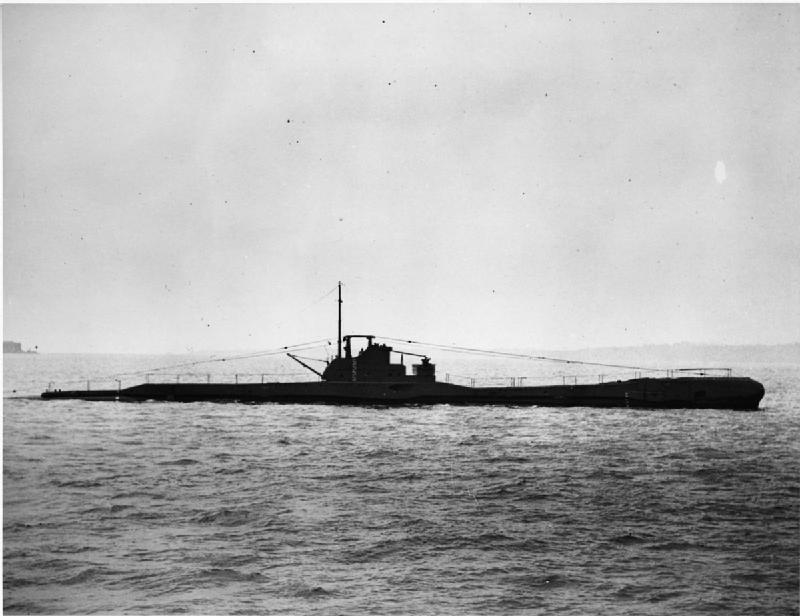 Royal Navy official photographer, Wikimedia Commons
Royal Navy official photographer, Wikimedia Commons
September 11, 1939
The Kingdom of Saudi Arabia cuts diplomatic relations with Germany.
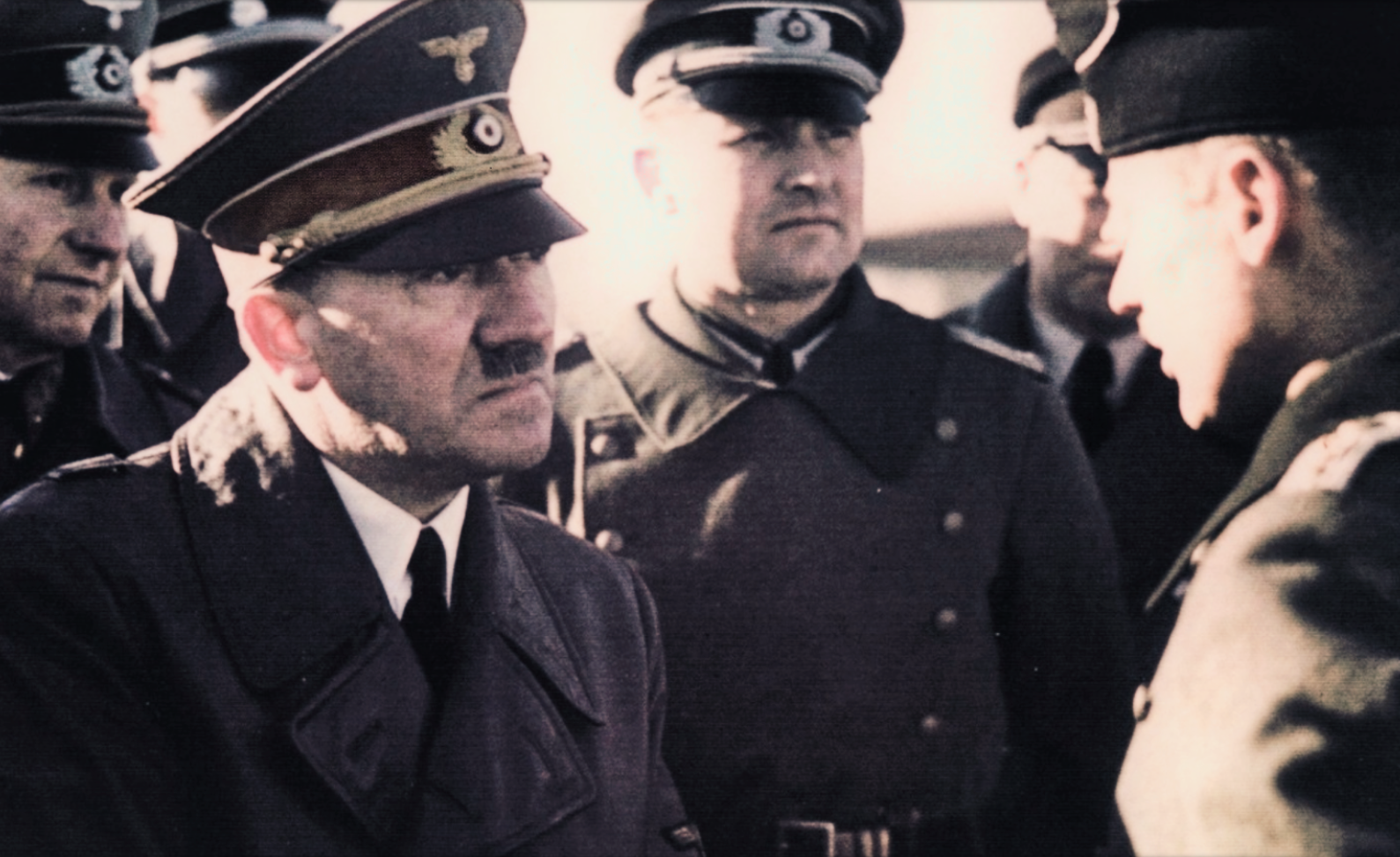 Unknown author, Wikimedia Commons
Unknown author, Wikimedia Commons
September 11, 1939
Turkey's Prime Minister, Refik Saydam, informs the country's Parliament that Turkey will stay neutral for the time being.
And that was just the first 10 days of WWII...
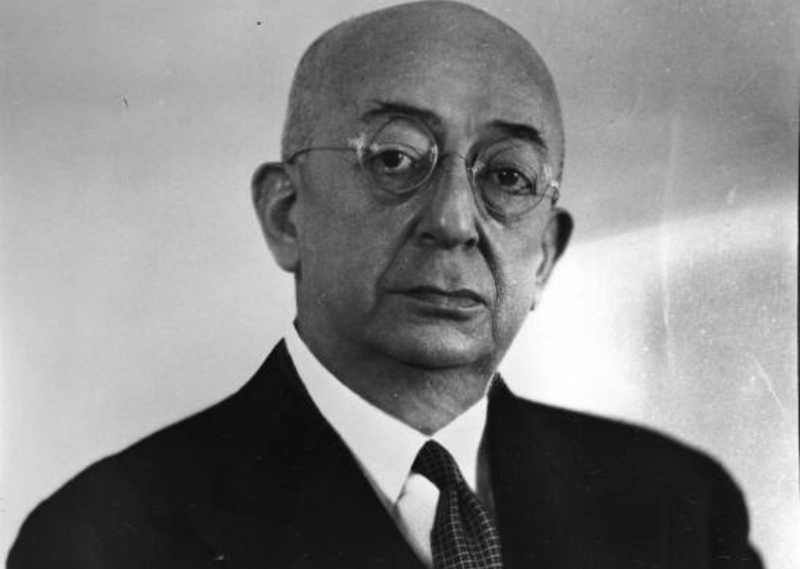 Unknown Author, Wikimedia Commons
Unknown Author, Wikimedia Commons

